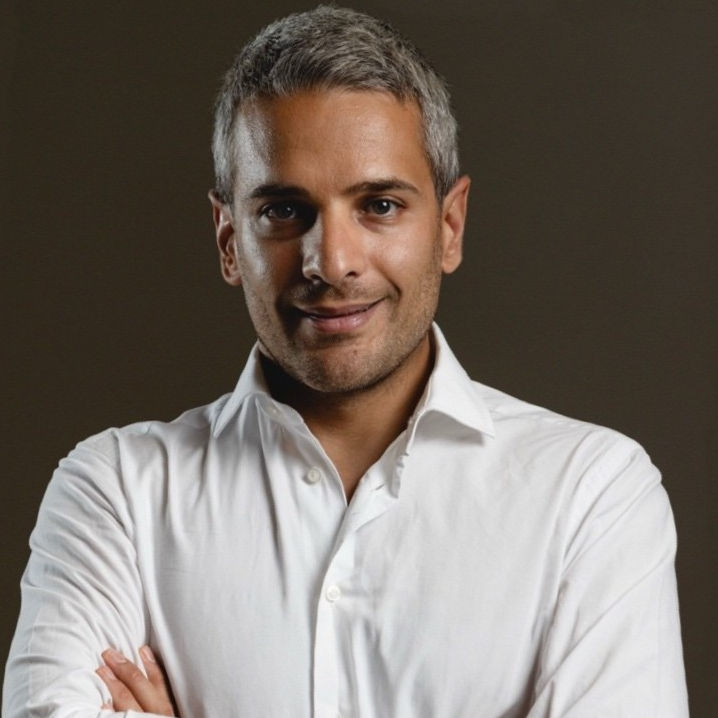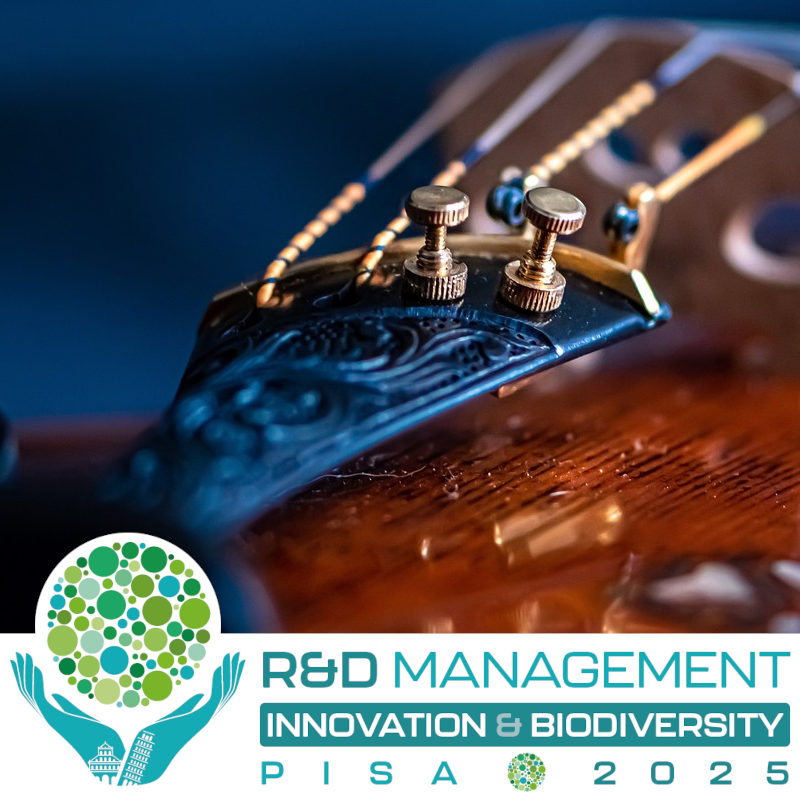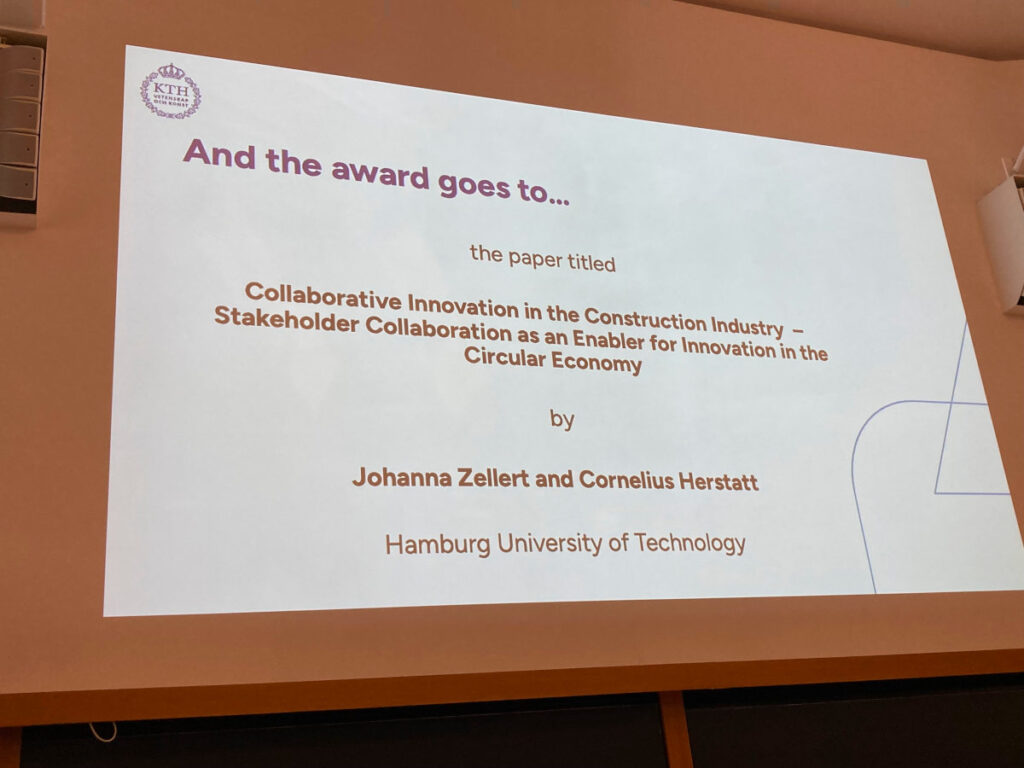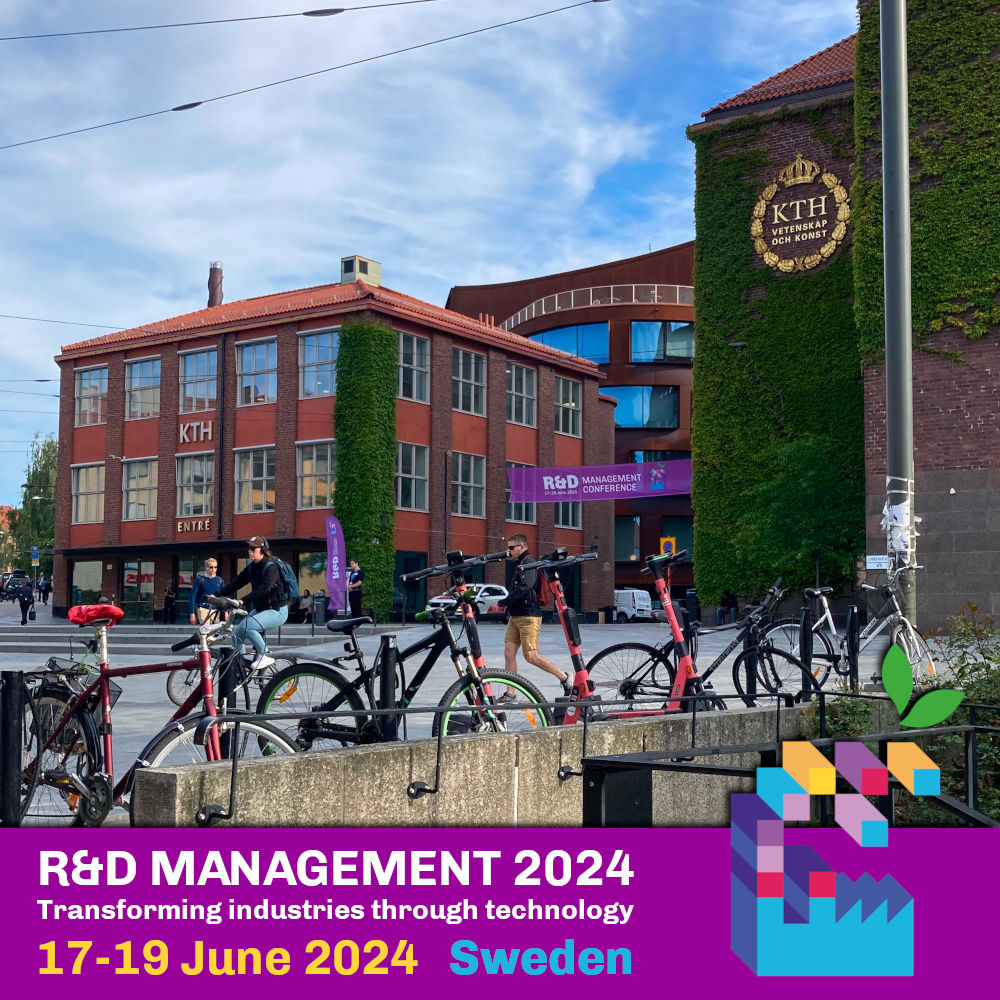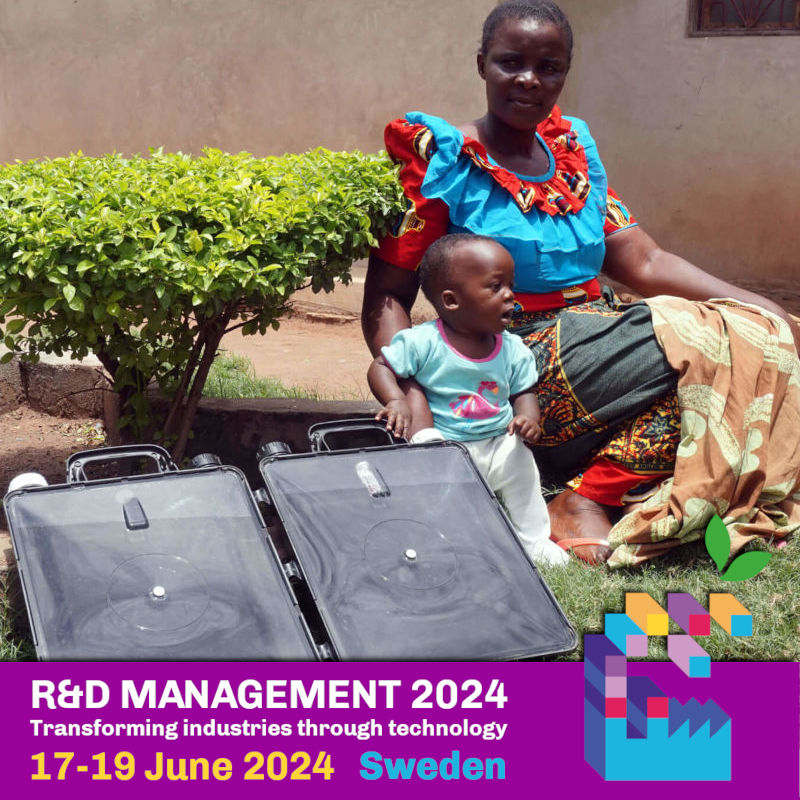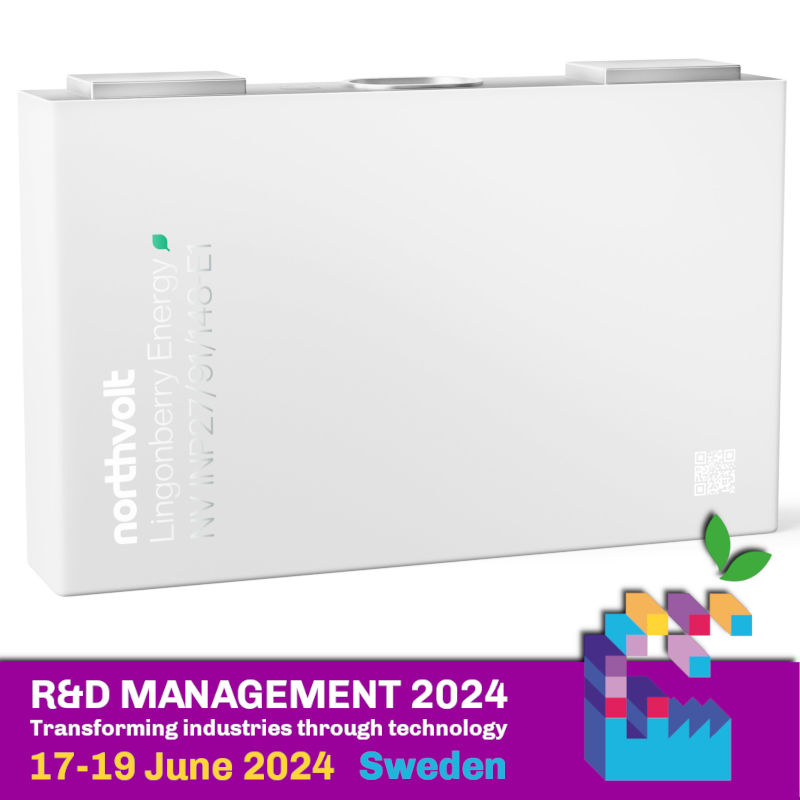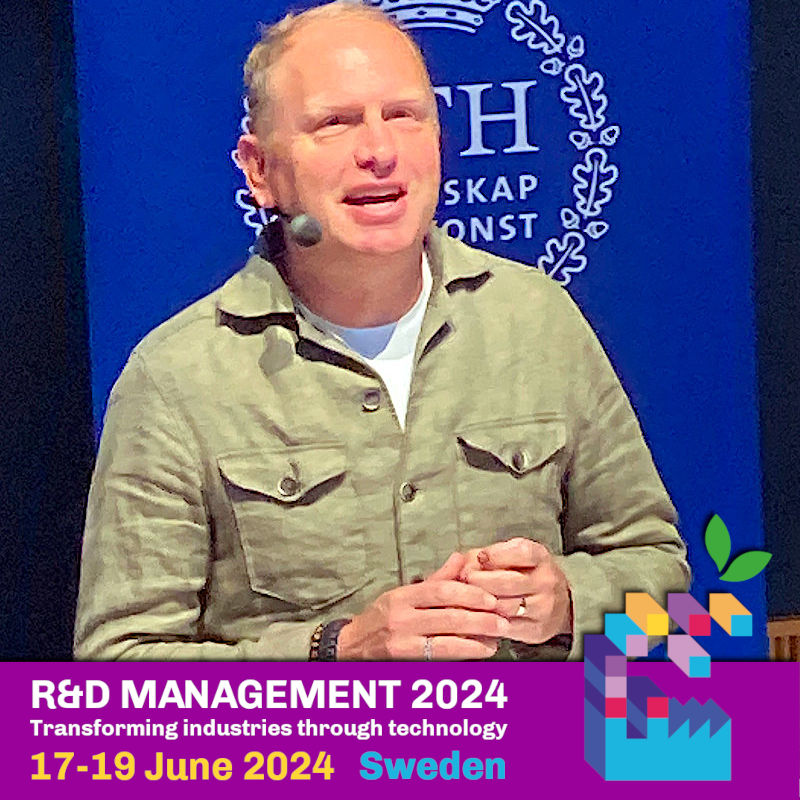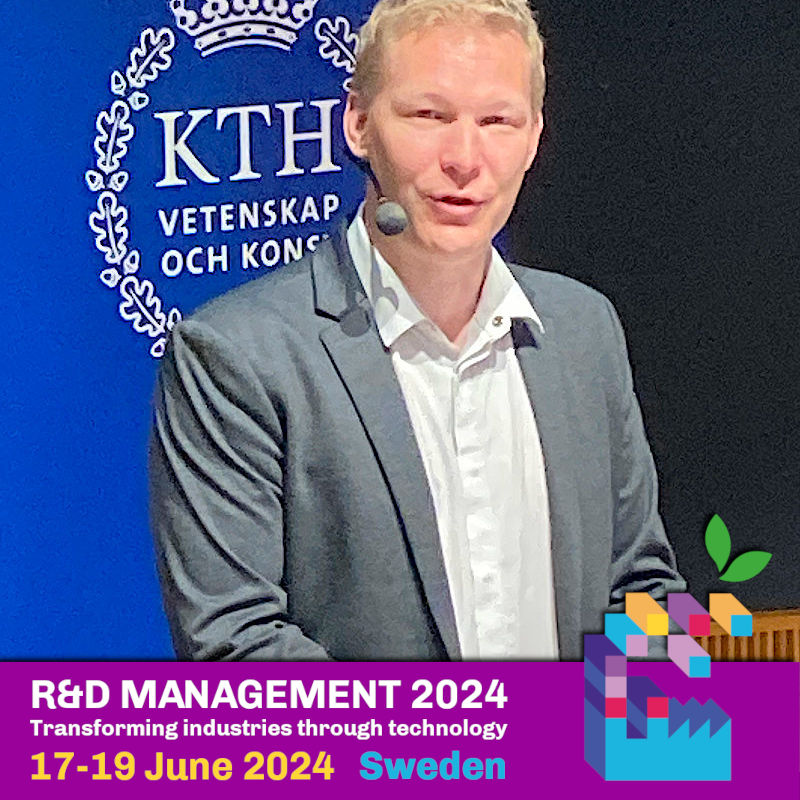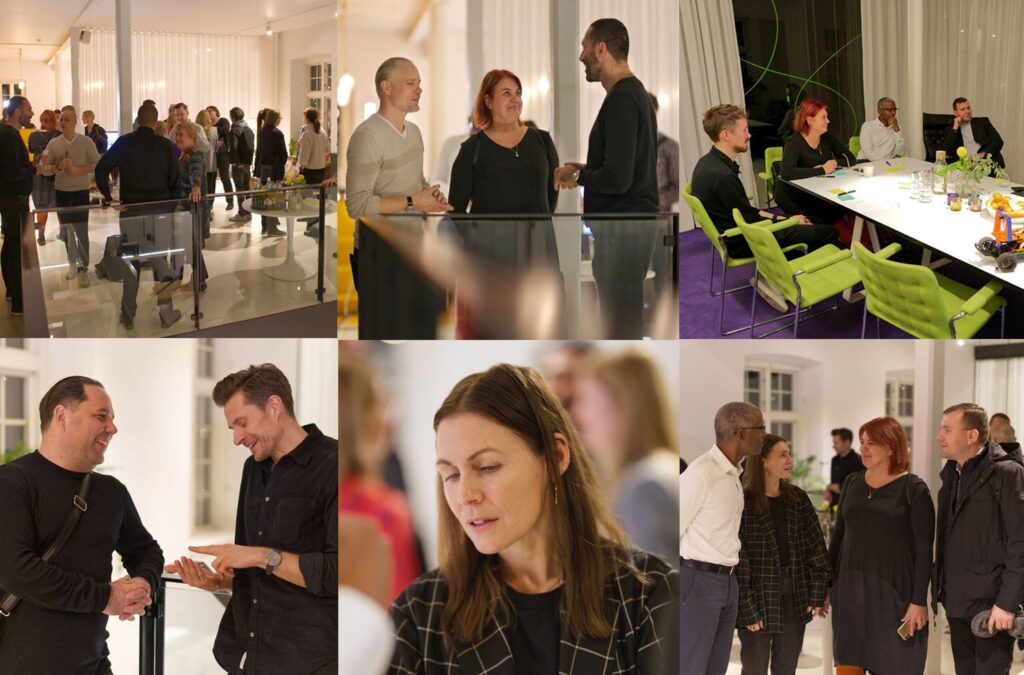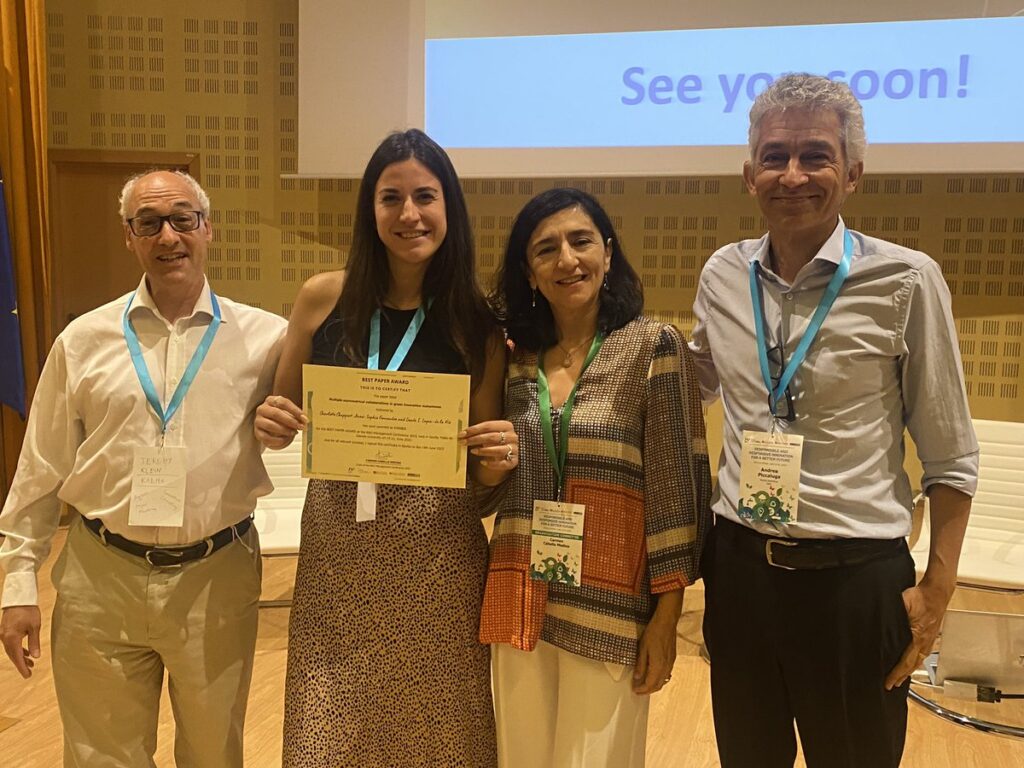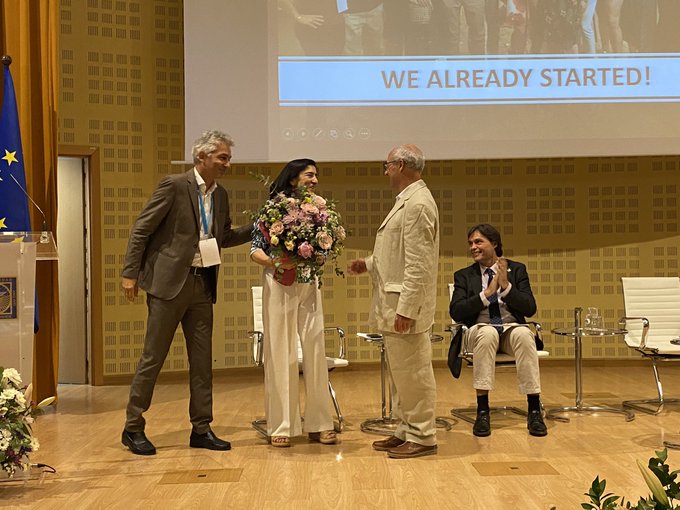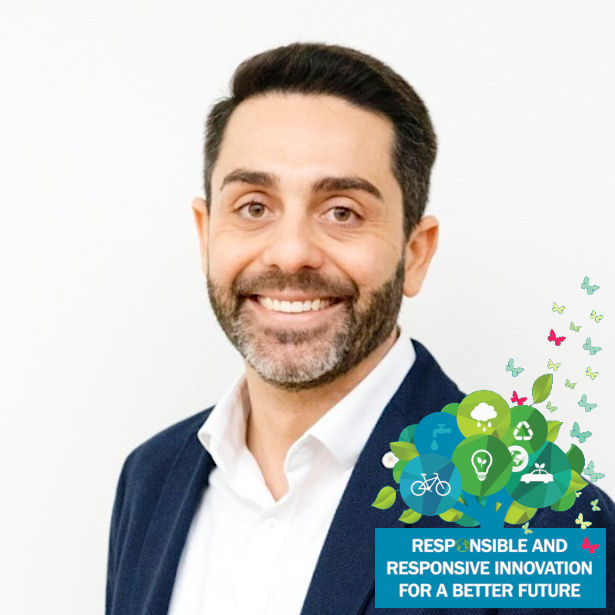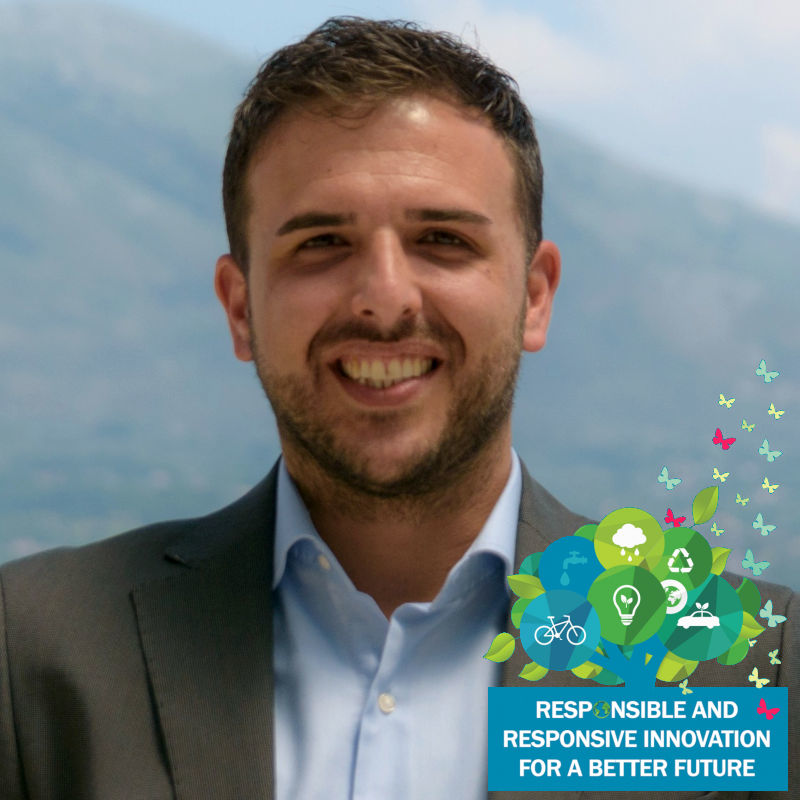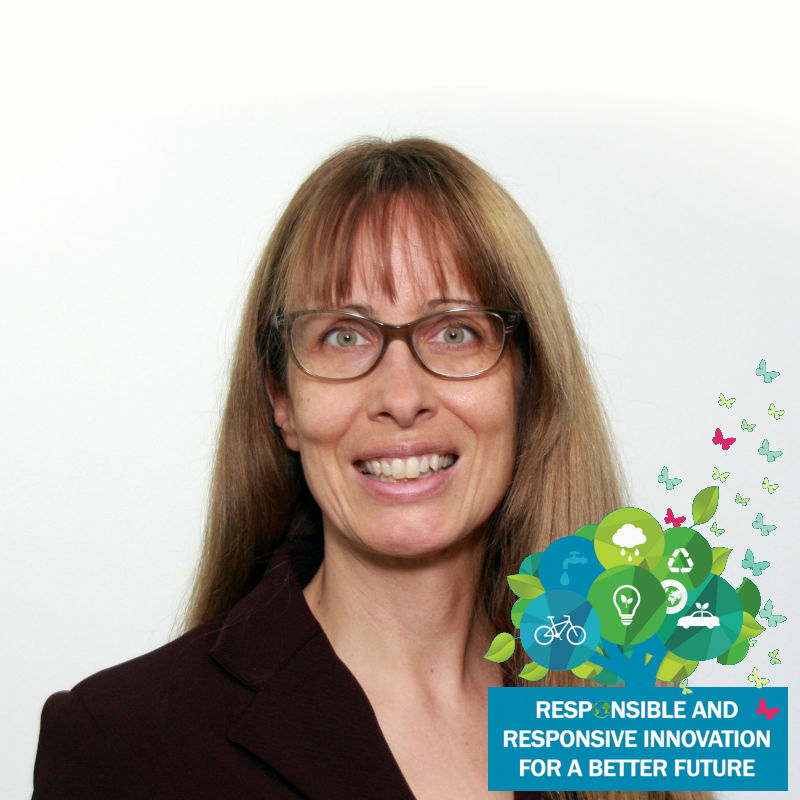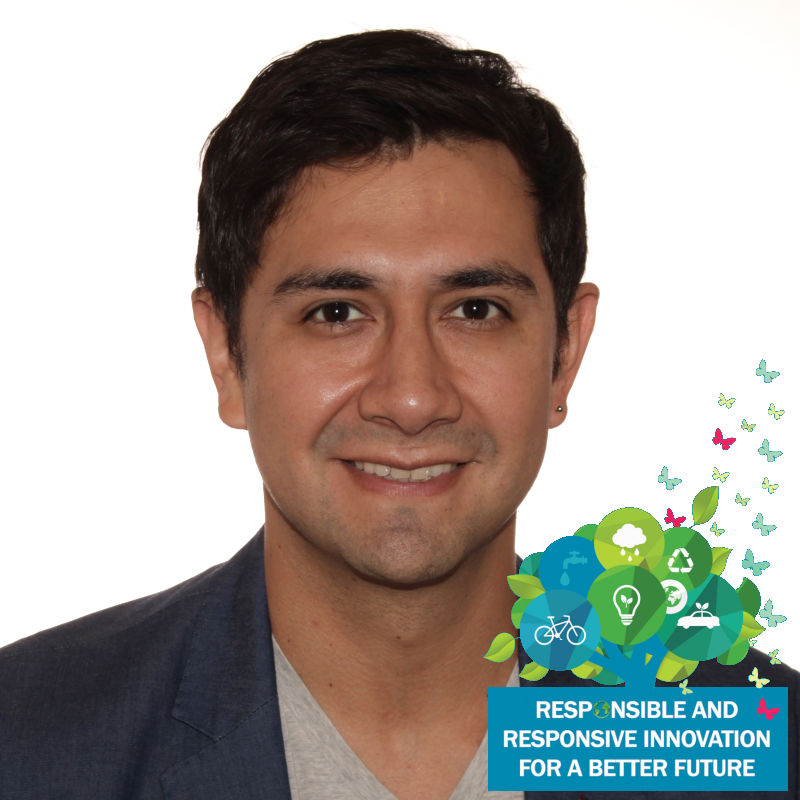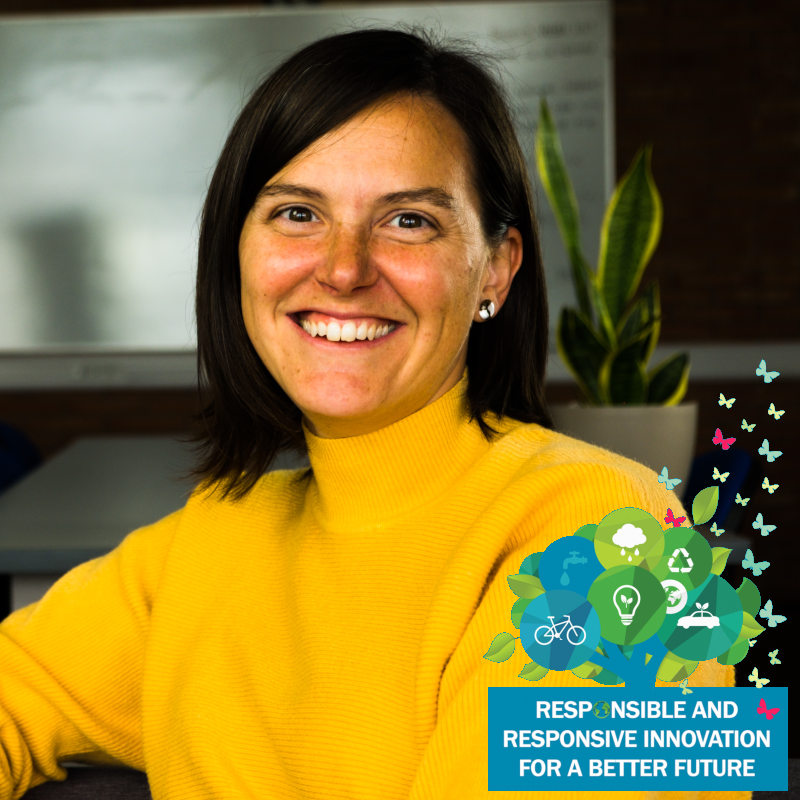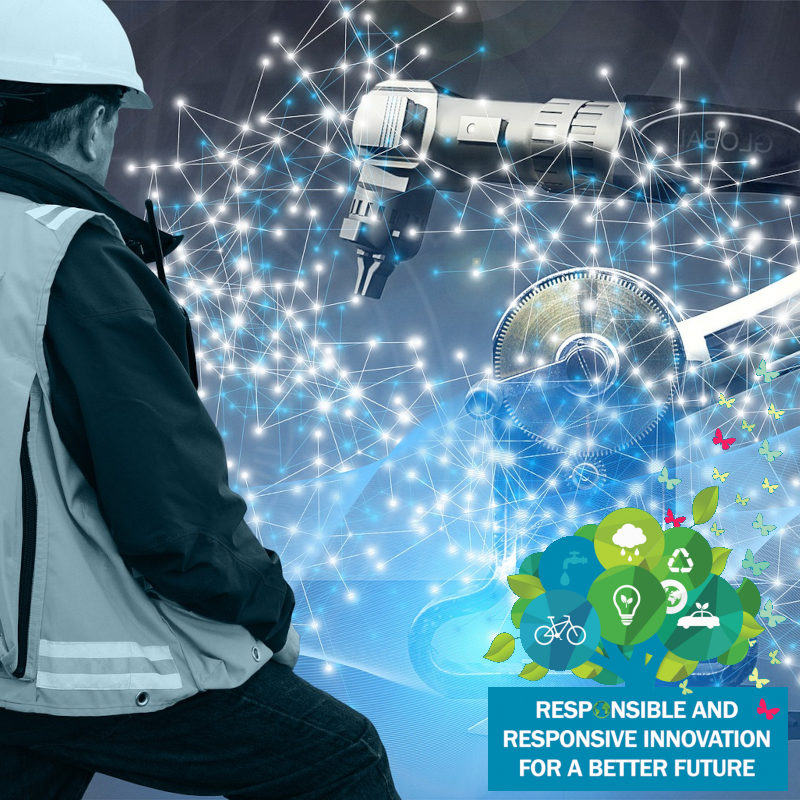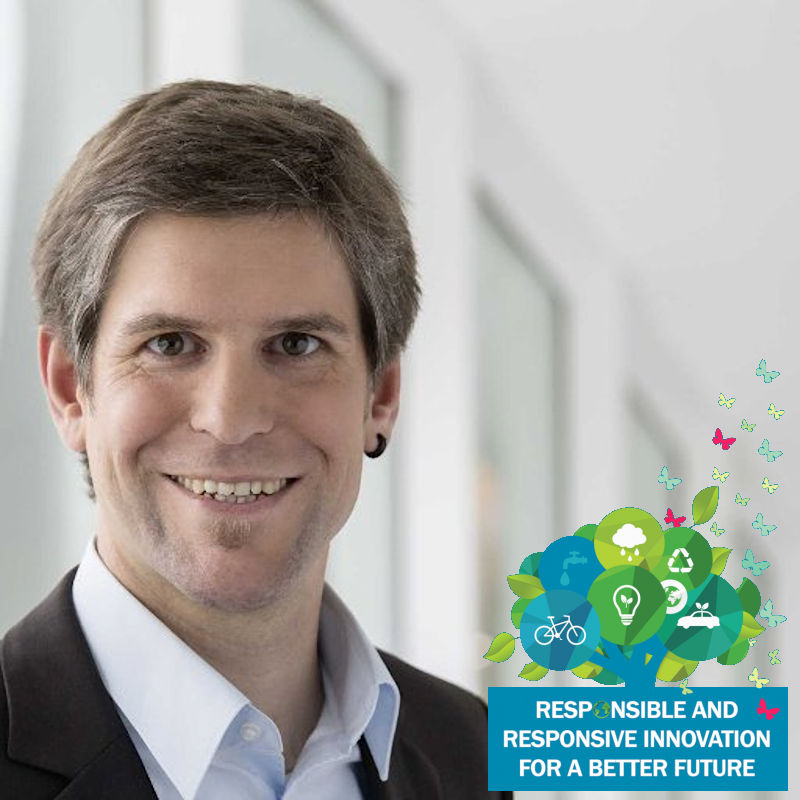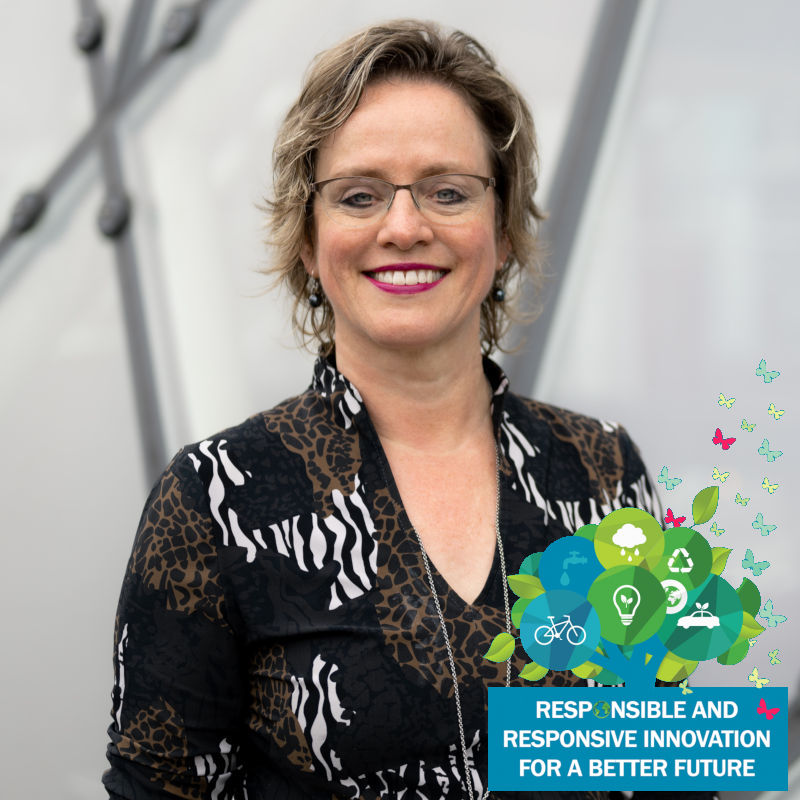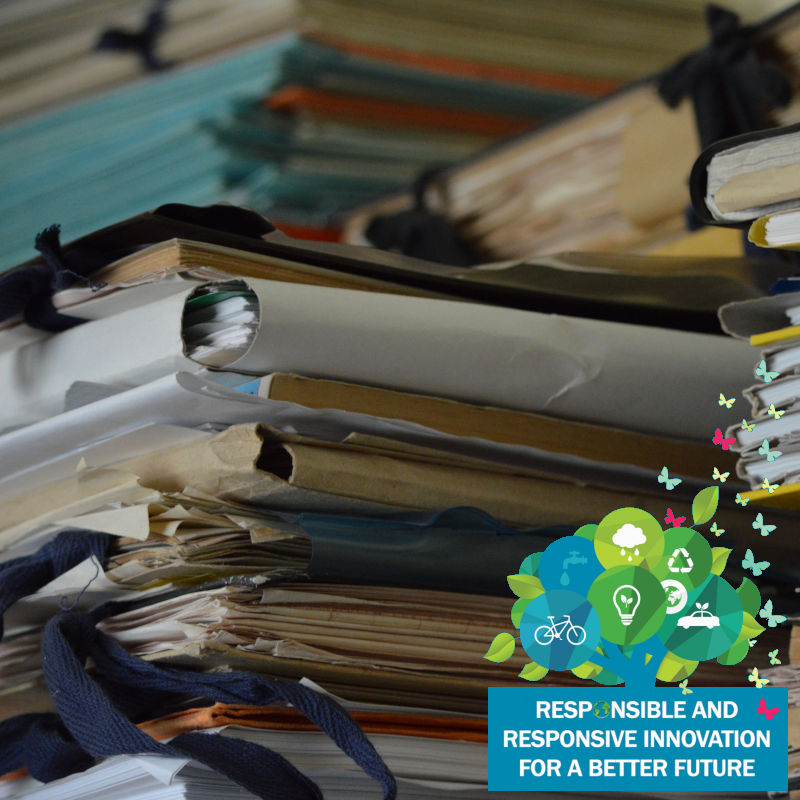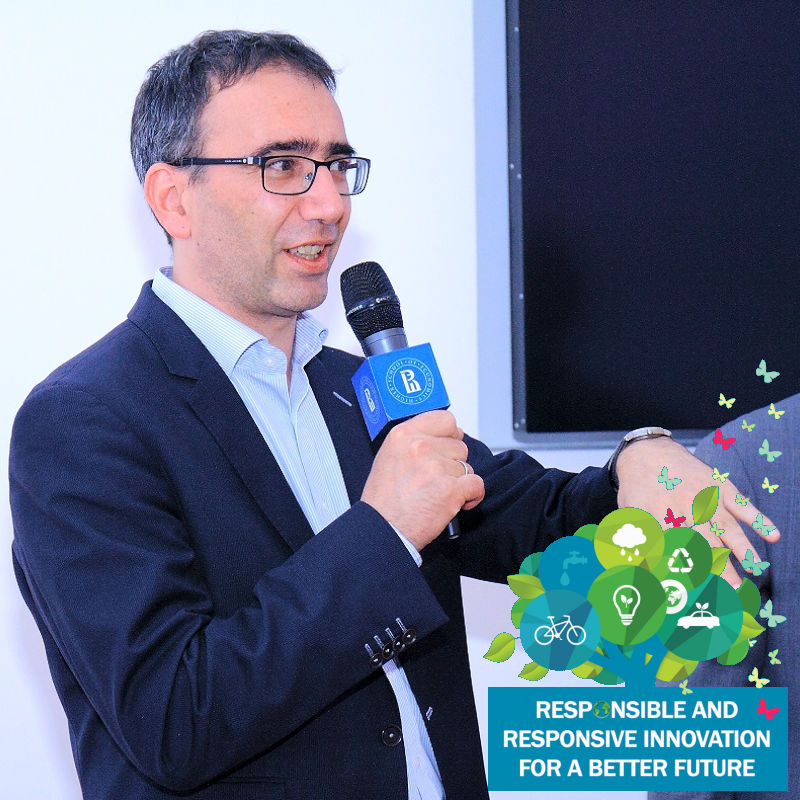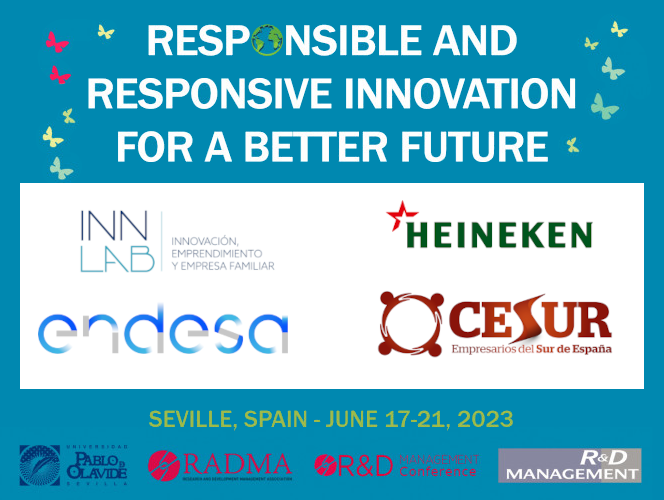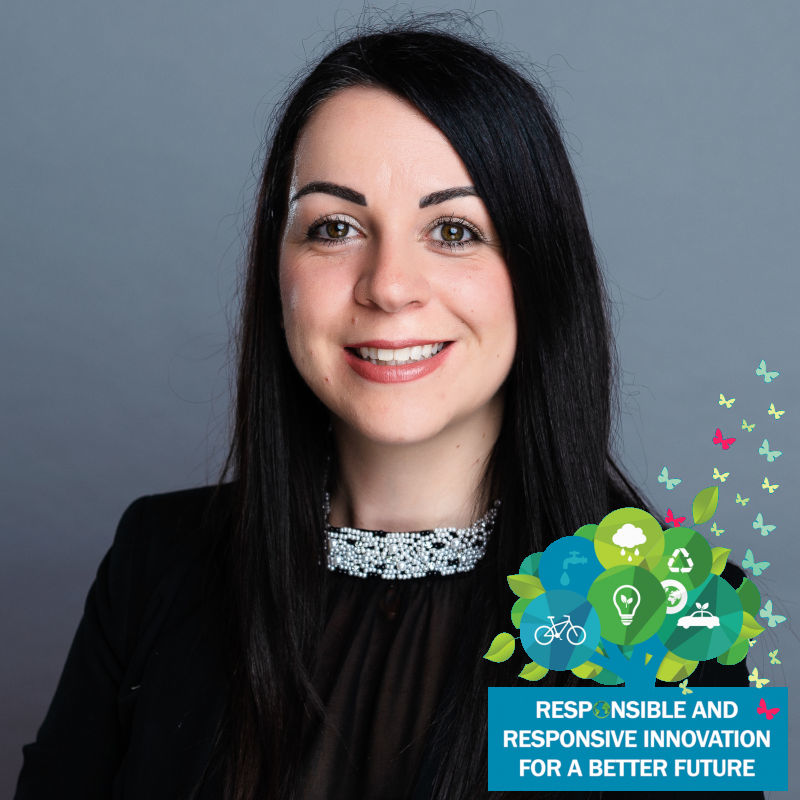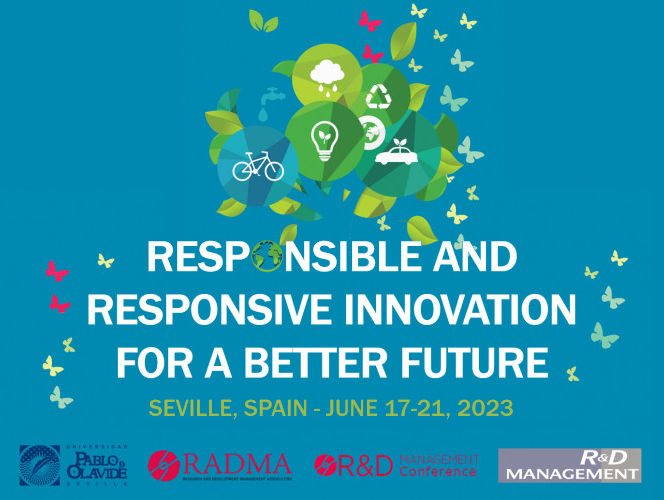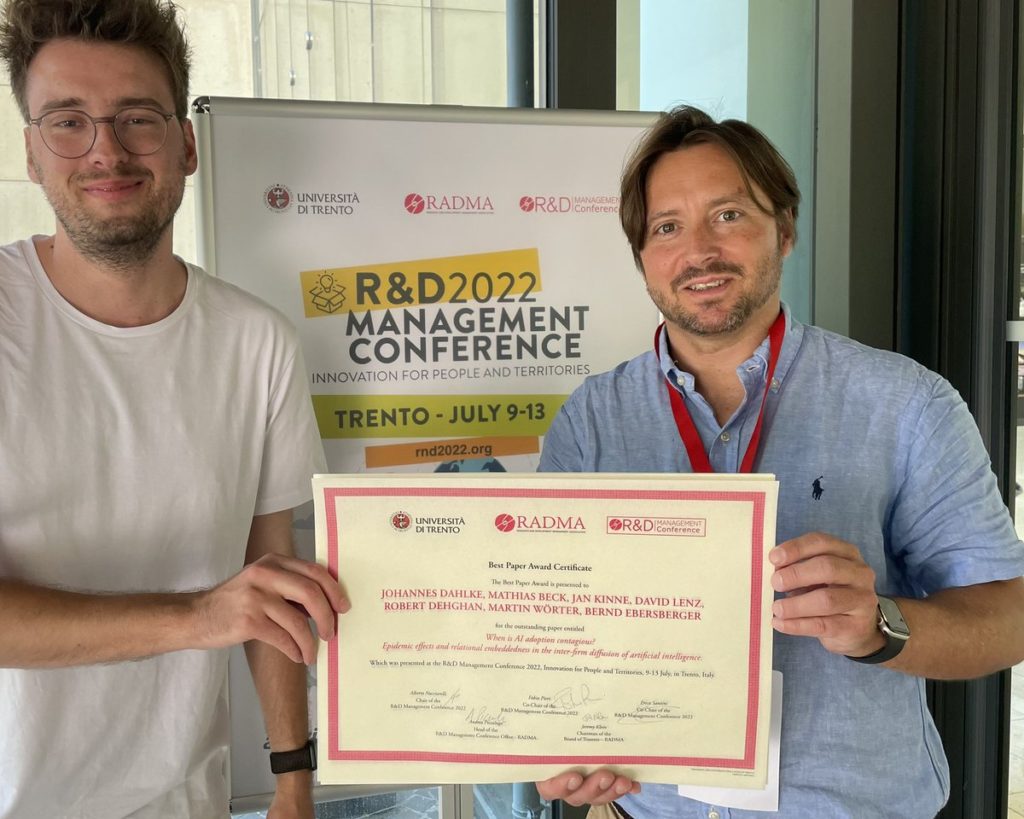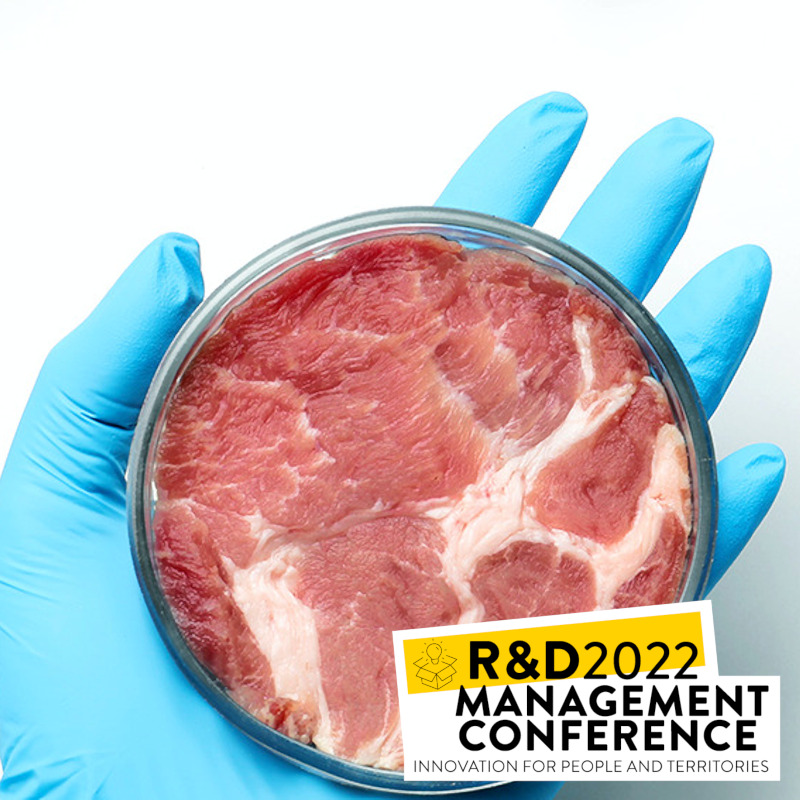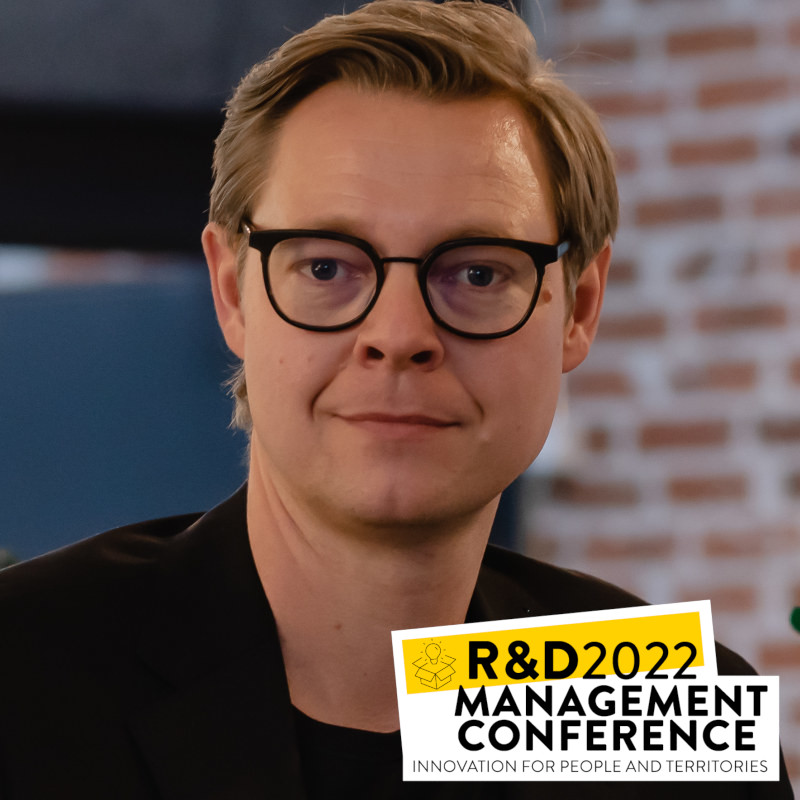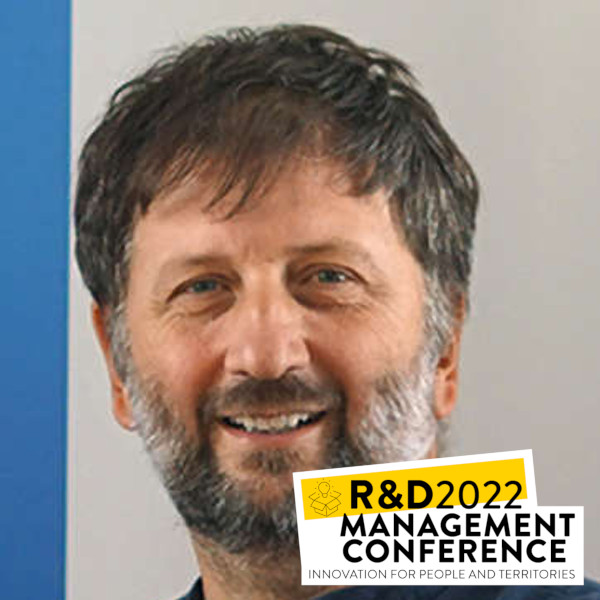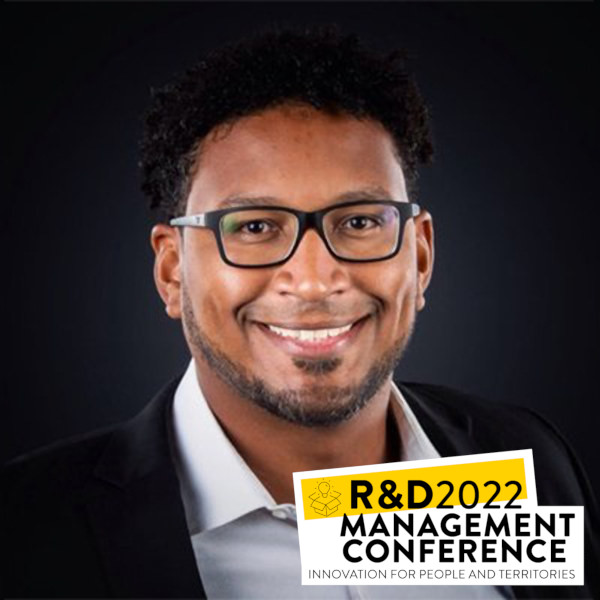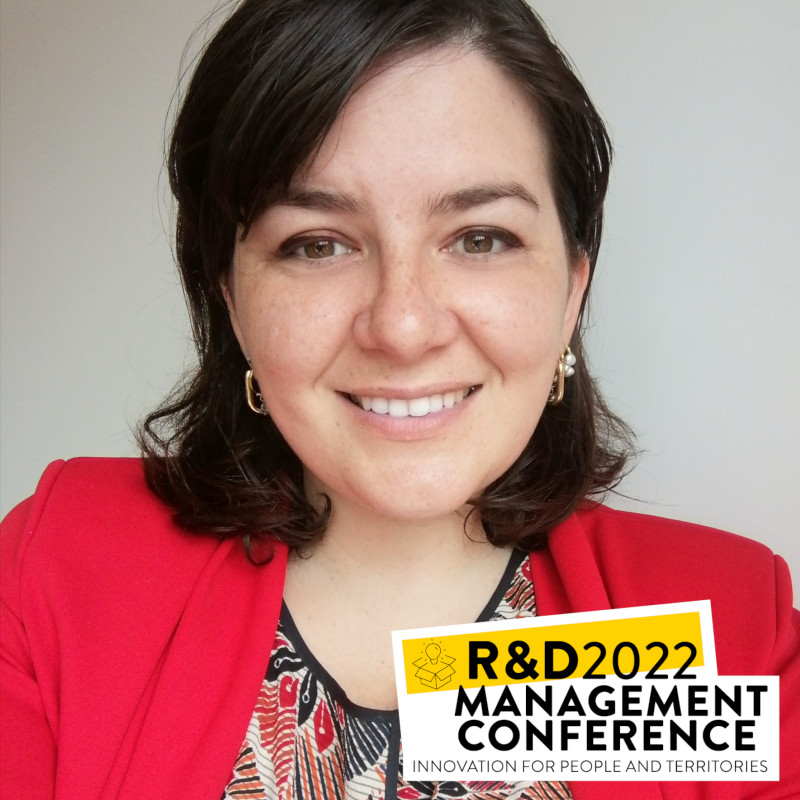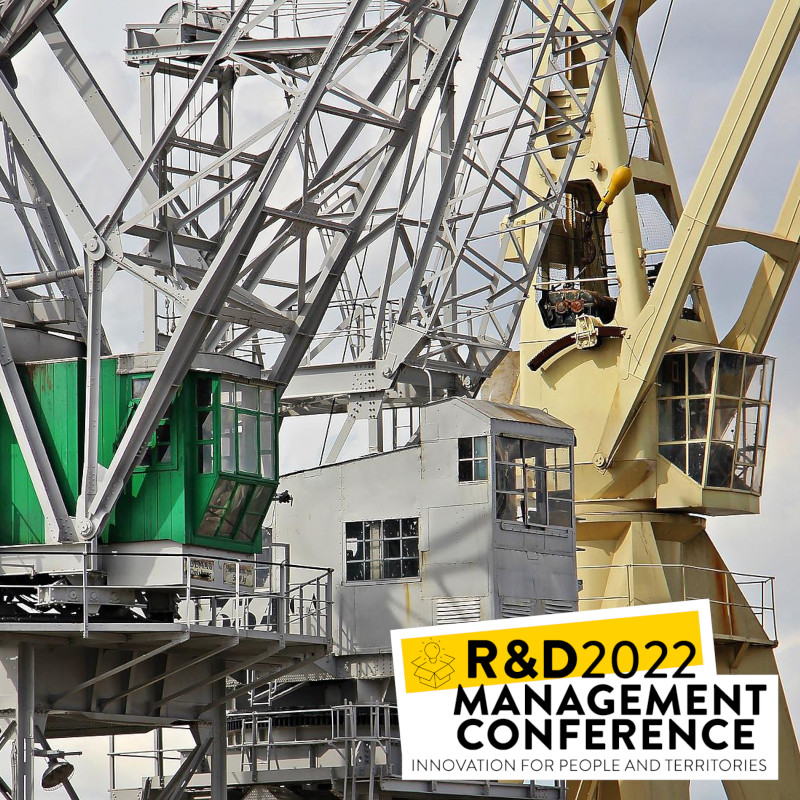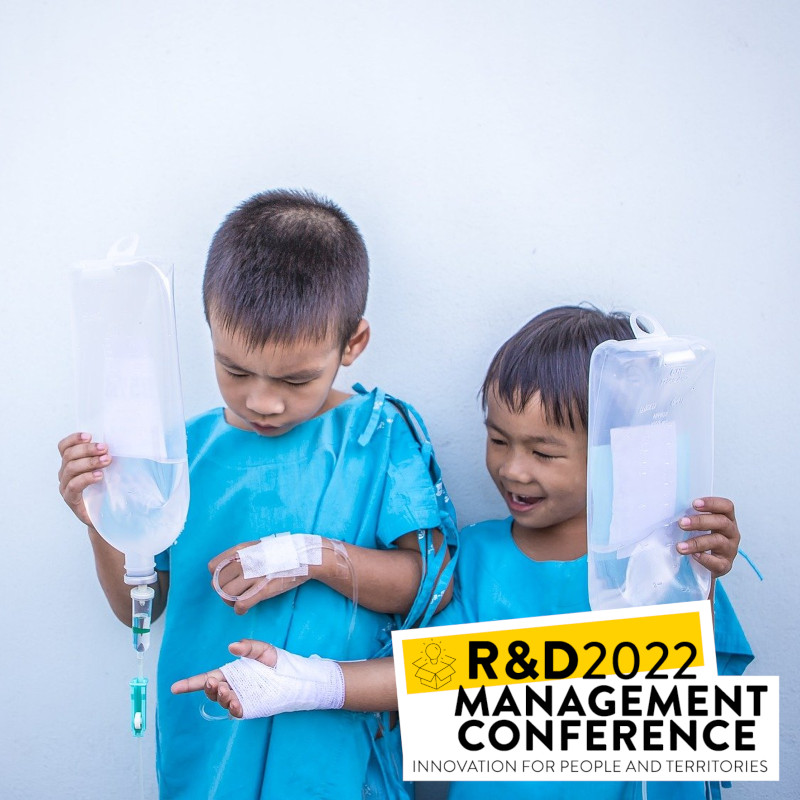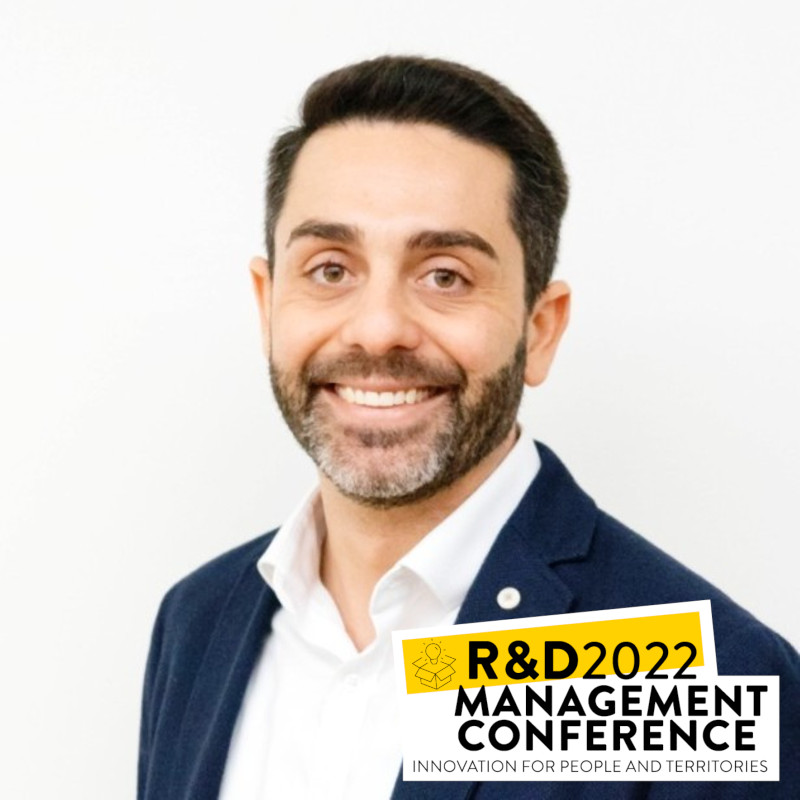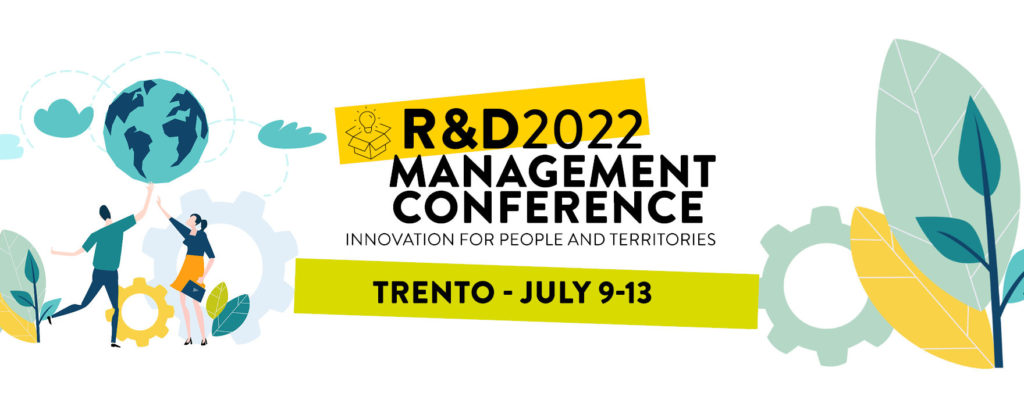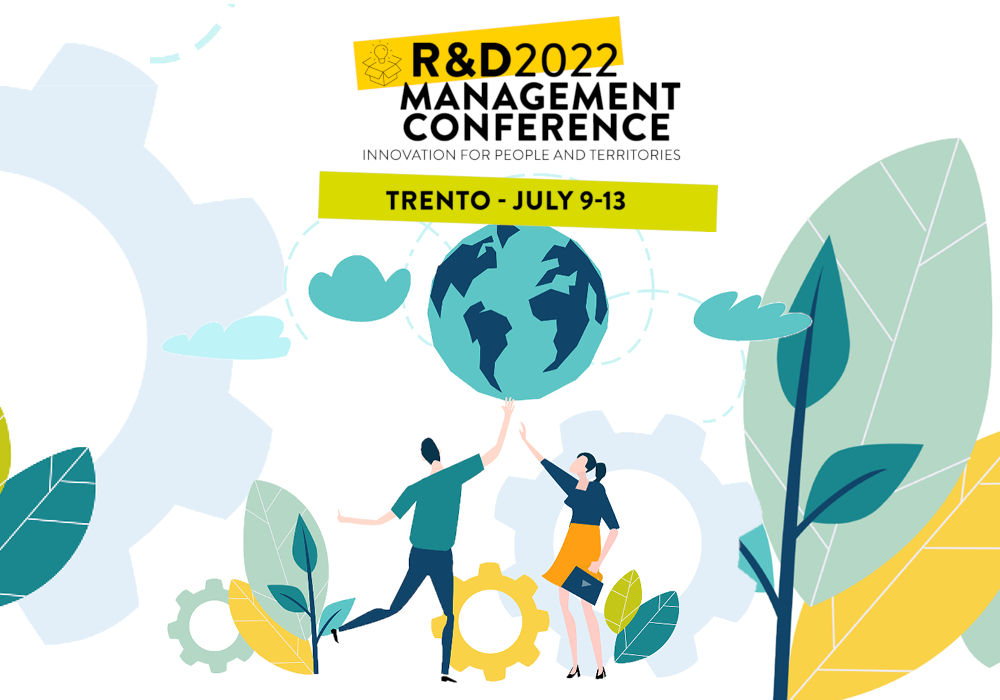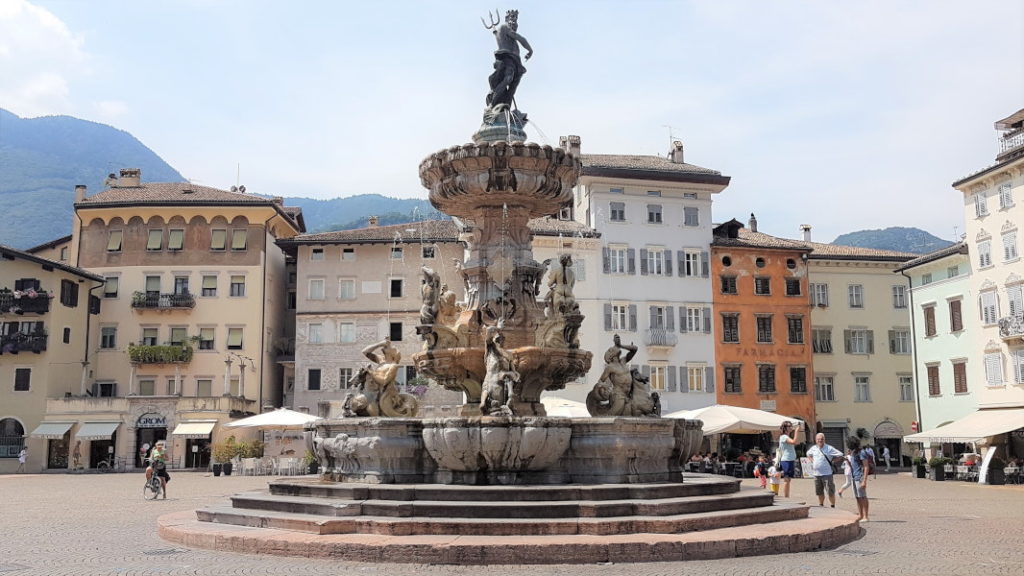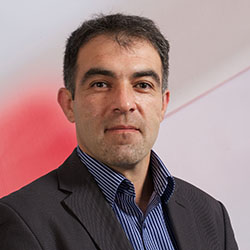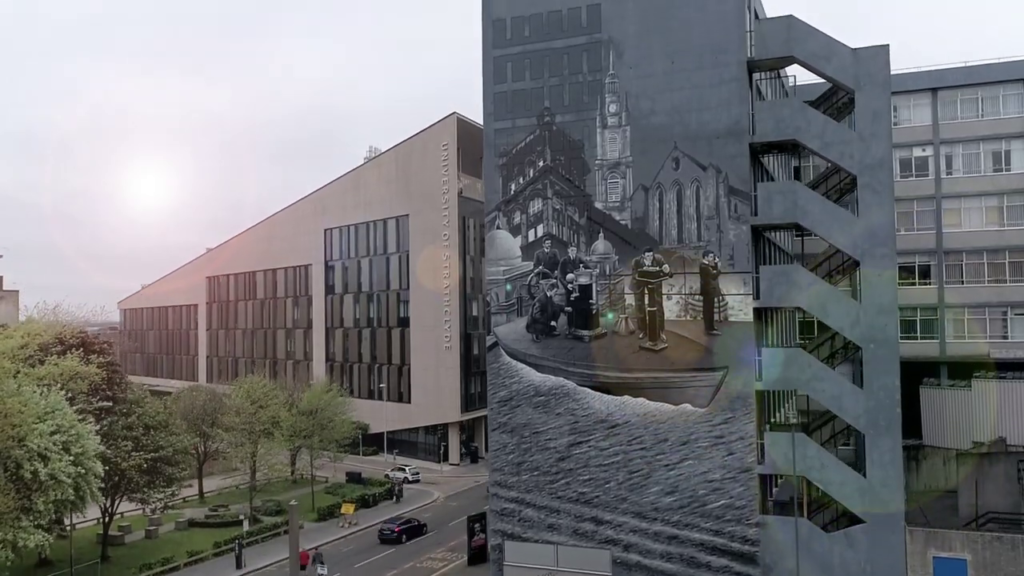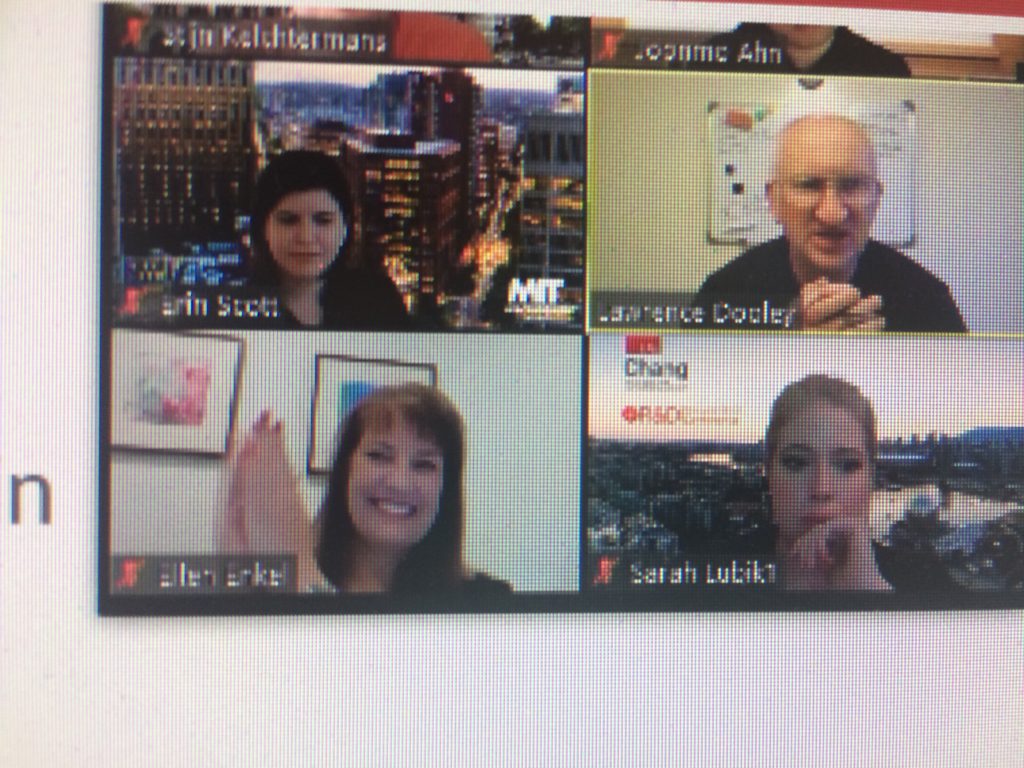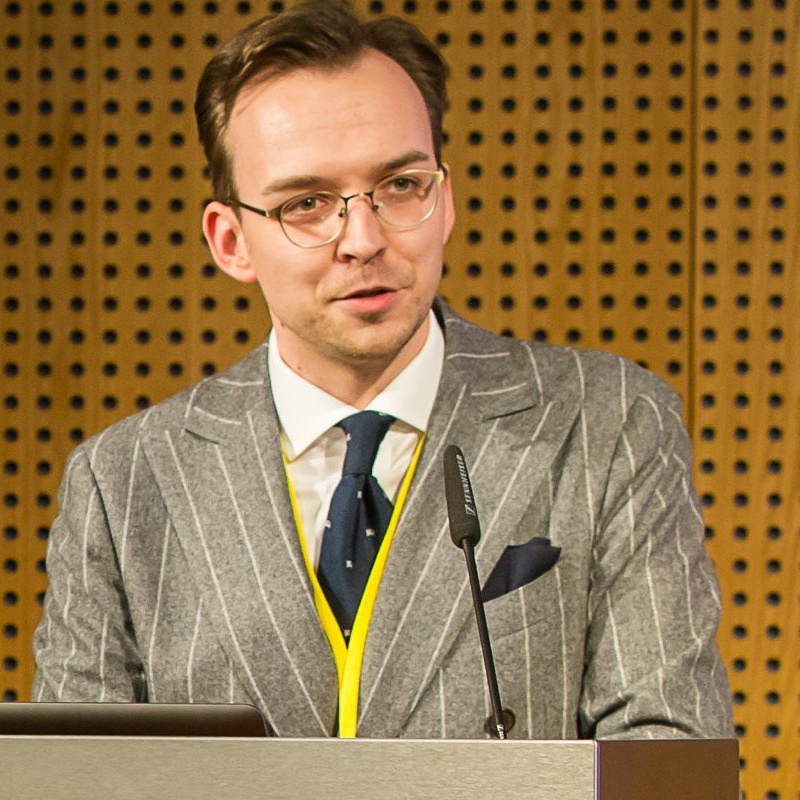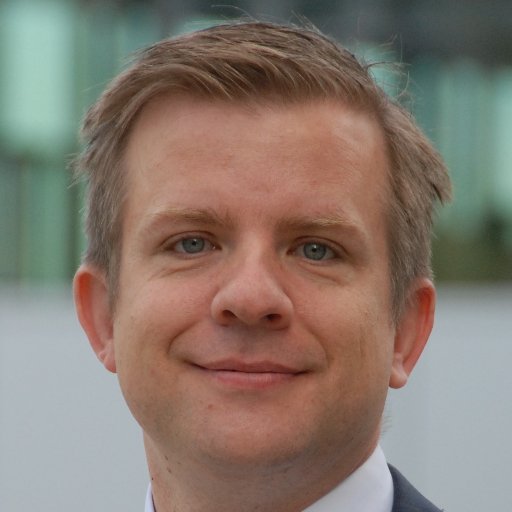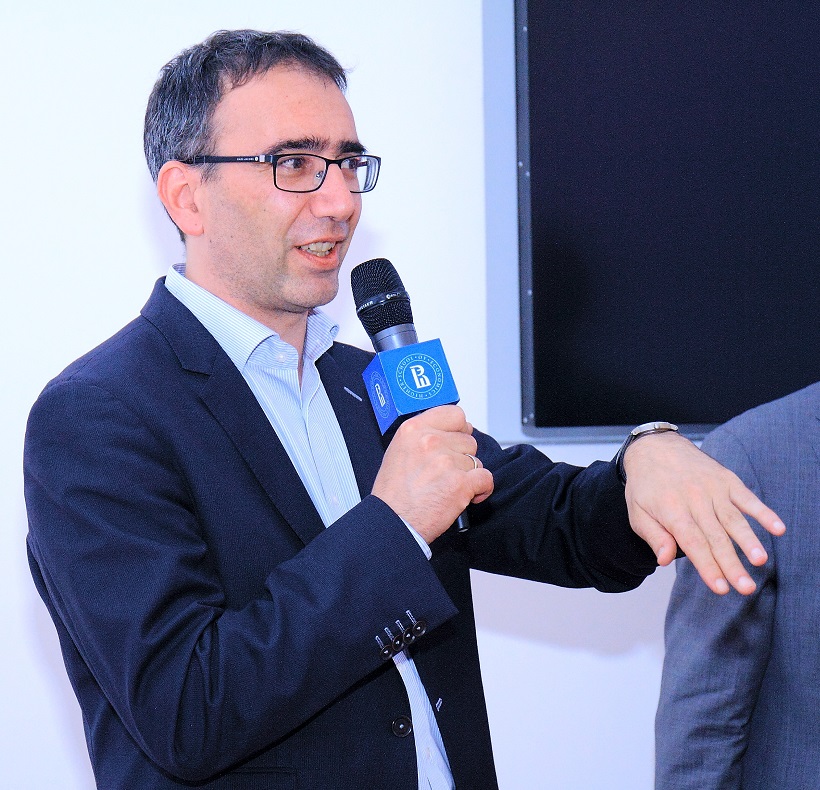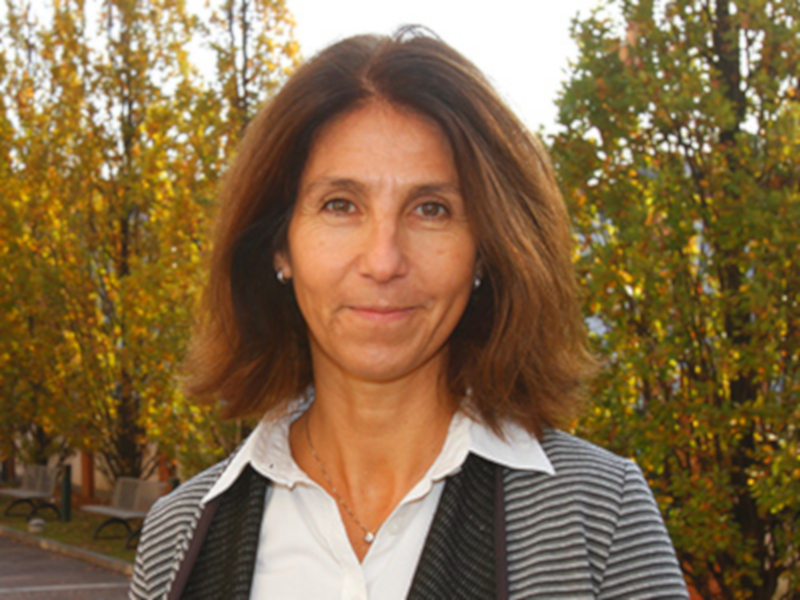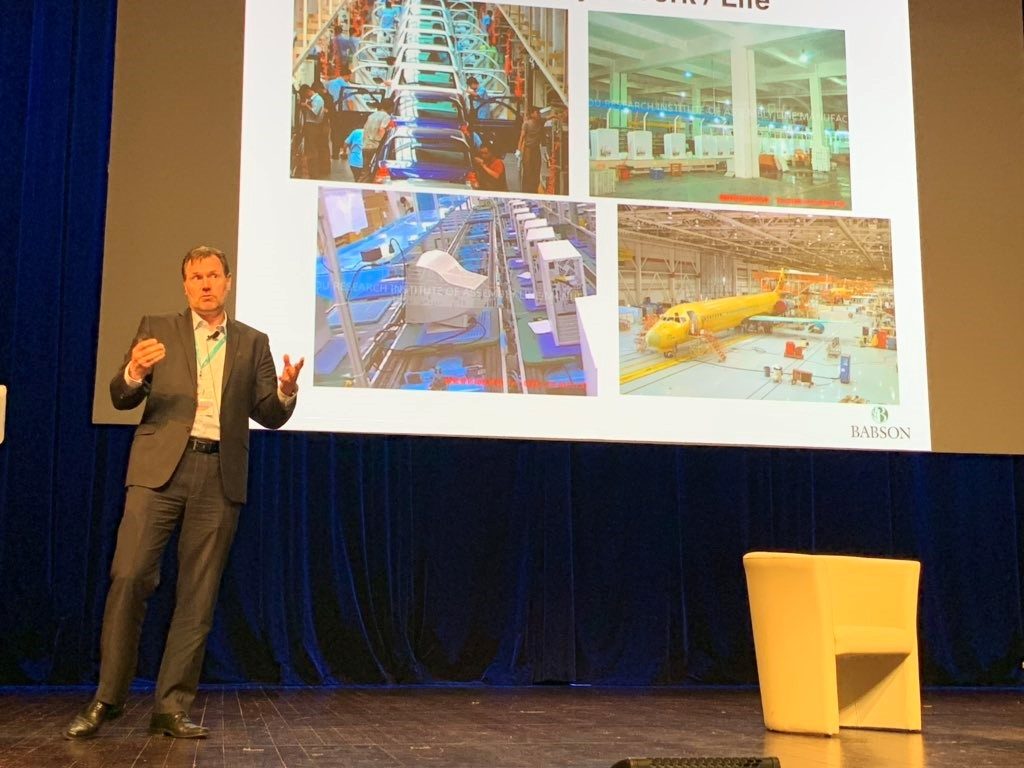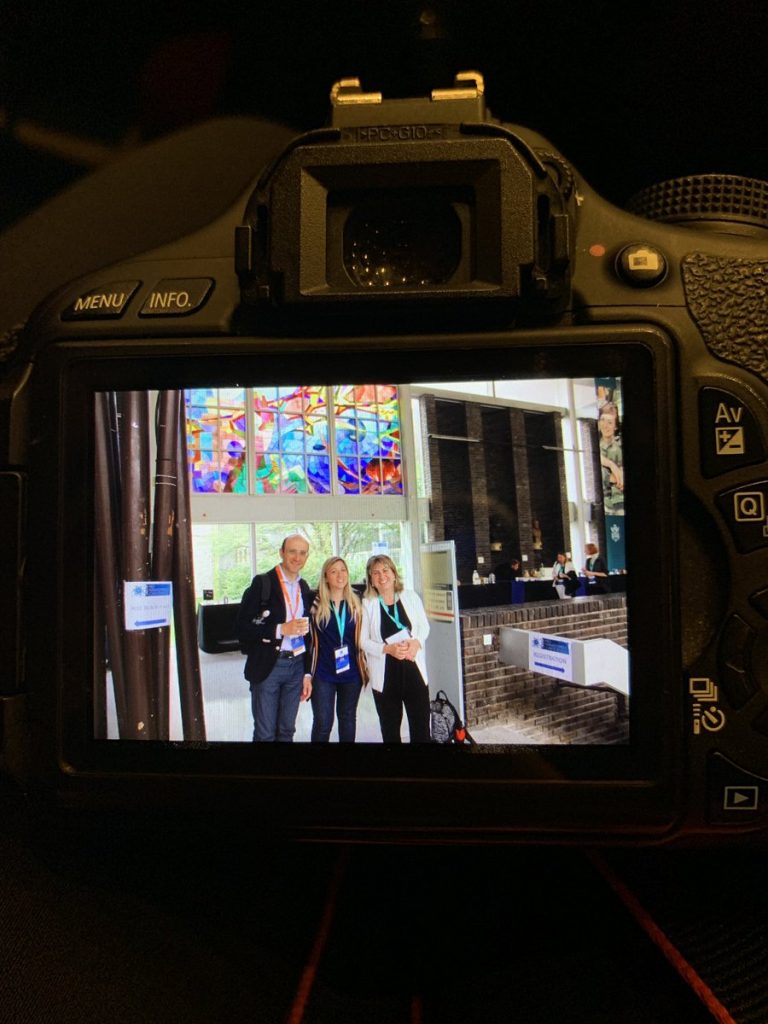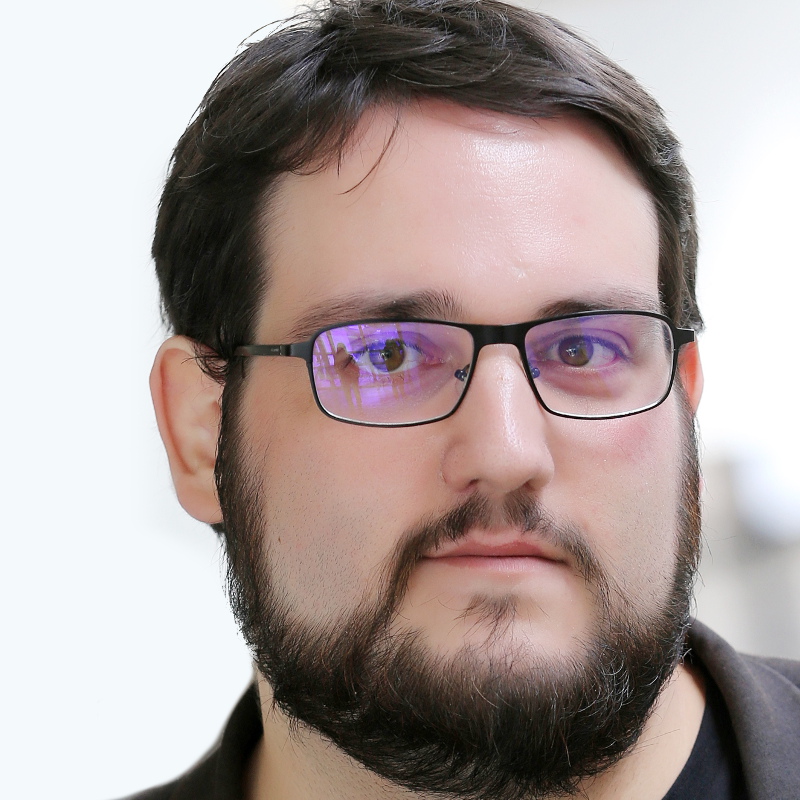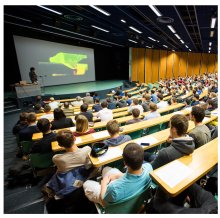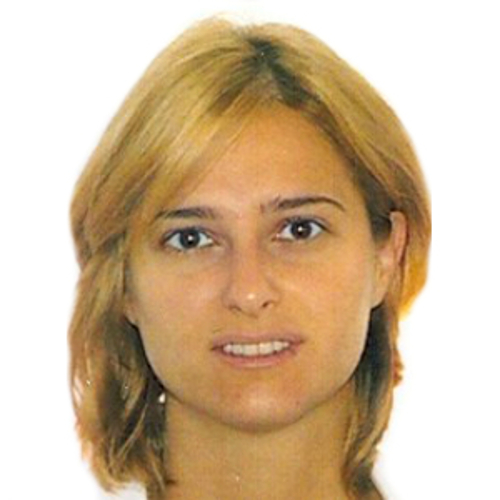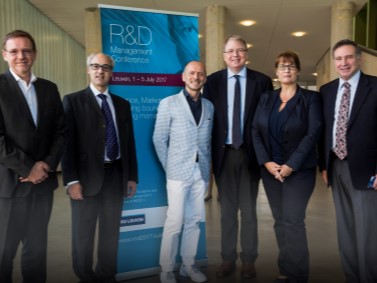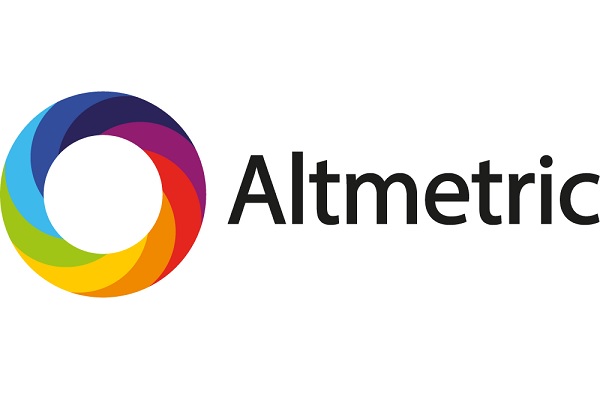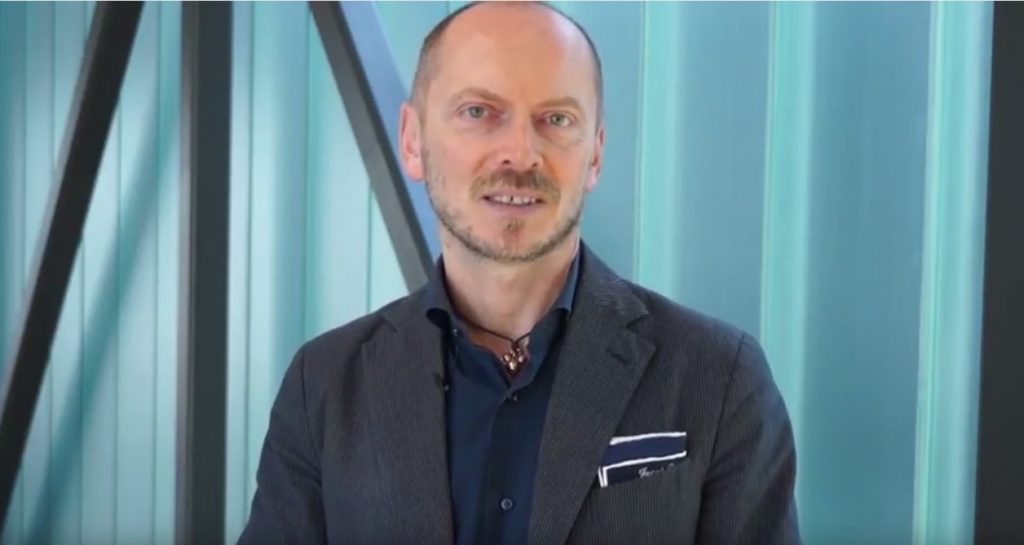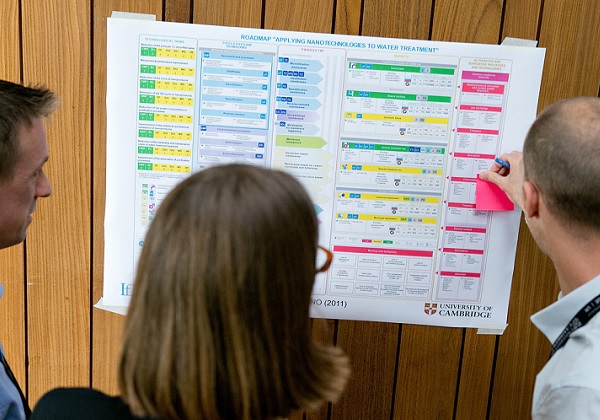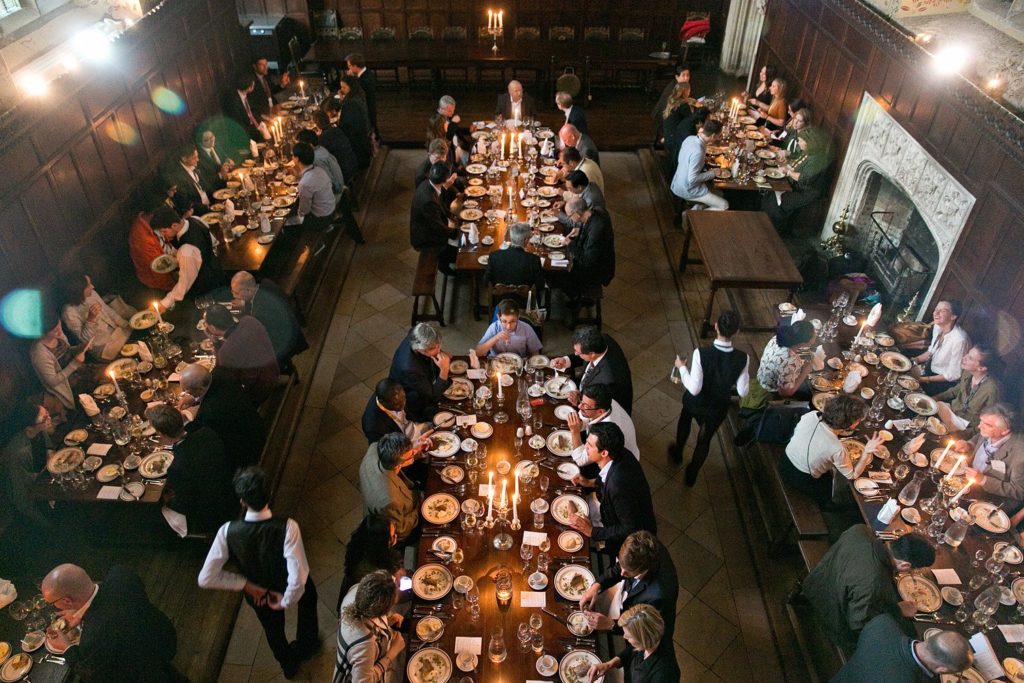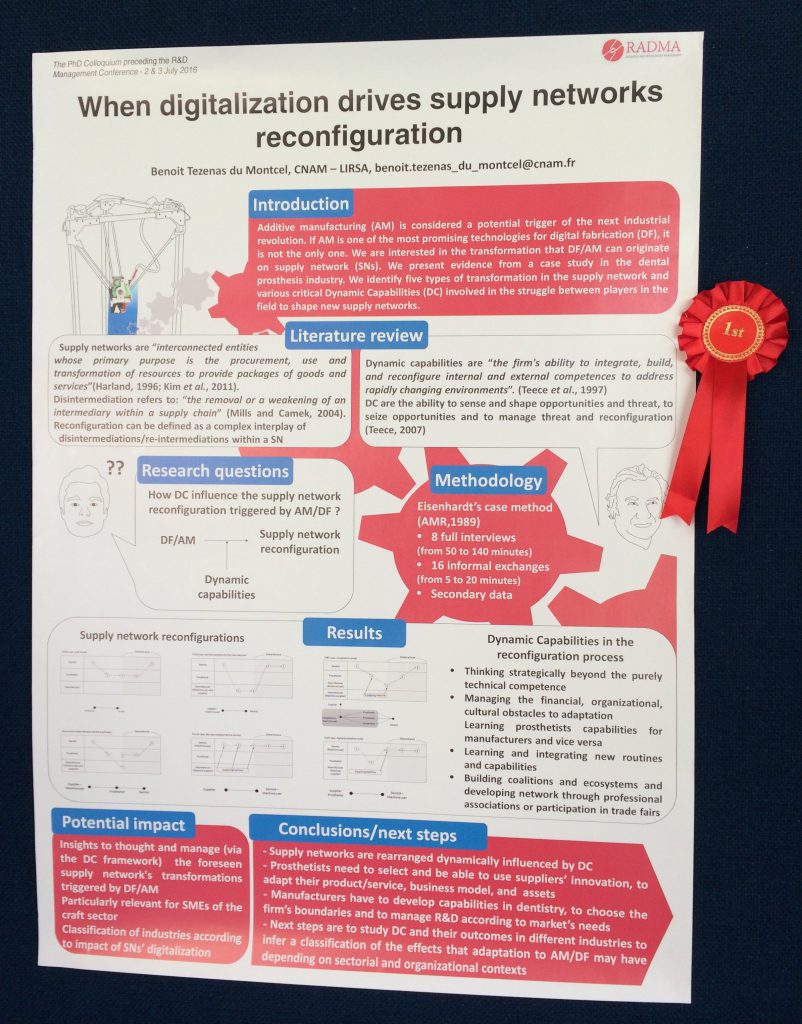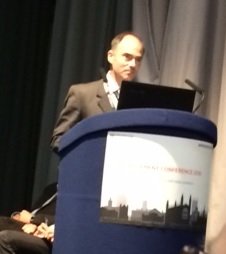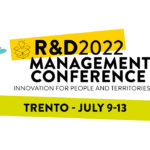
The R&D Management Conference is an annual event and the 2022 conference “Innovation for people and territories” was hosted by the University of Trento (UniTn) 11-13th July 2022. This event has now passed.
Alberto Nucciarelli, the conference chair, says that despite the economic growth many countries have experienced over the last century, a wide range of inequalities have emerged. All of us now sense them when we look at the pressing environmental, health, social and economic issues that are confronting our society.
A multi-disciplinary approach to innovation is therefore crucial in order to:
- Identify technologies in which to invest
- Research the economic, social and legal opportunities and barriers to their adoption
- Evaluate the implications of their diffusion for people and territories.
The 2022 R&D Management Conference will be a valuable occasion to let different types of knowledge converge and create a momentum to reflect on the types of value that innovation can generate.

Key dates
The event has now passed.
Organisers
Preliminary list of tracks
Click a main heading to see more information about the tracks at rnd2022.org.
1.1 Industry, cluster and ecosystem emergence
1.2 Entrepreneurial Ecosystems: Origins, Growth, Impact and Challenges
1.3 The Triple Helix Framework and Ecosystem Innovations
1.4 Smart tourism ecosystems in transition
1.5 Innovation and Entrepreneurship Education in local ecosystems
2 Innovation and digital transformation
2.1 Open Innovation strategies in SMEs
2.2 Open innovation and collaboration in Healthcare
2.3 Innovation by Experimentation: organizational culture, strategies, and tools
2.4 Innovation and digitalization towards sustainability leadership
2.5 Team, leadership and organisation design for creativity and innovation
2.6 Digital Transformation: Are innovative entrepreneurial approaches and mindset required?
2.7 Technological change: path-breaking transitions or polarization outcomes?
2.8 Humanity Driven Innovation: Recombining technologies and humanities to innovate
2.9 The Human side of Innovation and the Innovation side of the Human
2.10 Contextual Specificity in R&D Management
2.11 Value chain networks, industry dynamics and innovation
2.12 Digitization: The impact on firms’ innovation and internationalization strategies
2.13 Strategic Leadership and New Pathways for Radical Innovations
2.14 Strategic / Radical Innovation Management
2.15 Frugal Digital Innovation & Transformation: Impacting Business, Society, and the Environment
2.16 Complexity theories in R&D and innovation management
2.17 IP Management
3.1 The challenges and opportunities of high-skilled migration
3.2 Litigation, protection and enforcement of innovation: social and environmental impact of law
3.3 Innovative finance: the new frontier for sustainability and impact
3.4 Digital transformation of work and organisational design: dealing with changes of skills and profiles
3.5 Digital and enabling technologies for the good of our society
3.6 Gender and other forms of diversity within the firm and innovation
3.7 Organizing for innovation in the cultural sector
3.8 R&D Internationalisation
3.9 The dead end of classical innovation management and unsustainable innovation
3.10 Sustainable economies in the era of digital transformation
3.11 Technological change and its implications for work
4.1 Sustainability and SMEs: what roles for entrepreneurship and innovation?
4.2 Experimentation and Digital Entrepreneurship across firm types
4.3 Business model innovation in SMEs and family firms
4.4 New product development in new ventures: bridging the gap between innovation and entrepreneurship theories in the context of new venture start-ups
Organisers
Enquiries: [email protected]
Conference website www.rnd2022.org
Alberto Nucciarelli, Chair (@AlbeNucciarelli), Erica Santini and Fabio Pieri, co-chairs of the RADMA R&D Management Conference and Doctoral Colloquium 2022.
Track chairs talk about the theme of their track ahead of the 2022 conference.
As more companies are needing to offset to balance their decarbonation pathways, this is creating an opportunity for regeneration of natural ecosystems. Virginia Castellucci, Head of Sustainability & Advocacy at 3Bee, explains that it is a win-win situation.
Decarbonisation is essential if we are to keep the planet at a liveable temperature, but the energy transition also creates new market opportunities, explains Nicola Rossi, Head of Innovation, Enel Green Power and Thermal Generation.
Many of today’s pharmaceuticals are based on inorganic chemistry, potentially working more closely with nature would allow more interventions more closely aligned with the body’s own metabolism and disease responses and be better for the planet. Aboca takes a systems medicine approach that is based on clinical evidence.
The R&D Management Conference is a highlight in the year for many working in this discipline – a chance to meet up in person and discuss new and emerging ideas in your field. We asked Valentina Re about life behind the scenes.
Virtually every Nobel Prize winner is a polymath in some way. Fifty percent of the scientists and closer to ninety percent of mathematicians have a highly developed avocation for music. Art thinking can add creativity to innovation.
We are pleased to announce that the call for the RADMA 2025 Doctoral Studies Programme is now open. Those working in R&D Management will also be interested in potential funding for research work and travel to conferences and the Colloquium in the summer.
The core of the R&D Management conference is the nurturing of academic research. The best paper was nominated by the track chairs for its quality of research, relevance to the current environment and fit with the conference theme.
The 2024 R&D Management Conference in Stockholm discussed different aspects of the sustainability challenge: can we find new ways to transform industry – and society – through technology? This was reflected by keynotes from four innovative organisations using renewable energy, the price for carbon, hyperscaling and digital blueprints to drive change at a global level.
A technology that uses the UV-B rays from the sun to create safe drinking water is revolutionising lives. Solvatten is a combined portable water treatment and water heating system that has been designed for off-grid household use in the developing world.
Electric vehicles are dependent on batteries for energy storage – and the production of these is energy intensive, produces high volumes of CO2 and requires mining of scarce metals. Northvolt is the world’s first fully circular gigafactory using renewable energy to produce the world’s greenest battery with 75% lower emissions.
Steel production is one of the ‘dirtiest’ industries, producing two tonnes of carbon dioxide for every tonne of steel produced, but it has previously been constrained by its need for fossil fuels. Putting a ‘price on carbon’ has opened the opportunity for innovation in the sector.
60 million tons of polyester produced each year from virgin oil and little is recycled, creating a global problem. Syre is tackling the challenge by using a new recycling method to turn old clothes into high-quality polyester.
If you want to know more about developing your organisation’s Innovation Management System and the role ISO56000 can play in that process – then you are invited to join a special session tailored for industry at the R&D Management Conference, 17 June 2024.
Oceania researchers involved in exciting research on R&D and innovation management, strategy, and policy are to benefit from a new R&D Management Workshop 2024 in Australia
The tracks for the 2024 R&D Management Conference have been announced – the deadline is the 14th of February 2024.
The award for best paper went to Charlotte Chappert, Montpellier Management “Multiple asymmetrical collaborations in green innovation ecosystems”.
The 2023 R&D Management Conference Responsible and Responsive Innovation for a Better Future – is now open in Seville.
It began with welcome remarks from Prof. Carmen Cabello, RADMA chair Jeremy Klein, Prof. Andrea Piccaluga and Rector Prof. Francisco Oliva.
Unexpected challenges have forced European SMEs to rethink their business models, as a result they are opening their boundaries and adopting collaborative strategies – but what is needed for this to be successful?
Development of the circular economy is stalling, according to Benito Mignacca, University of Cassino and Southern Lazio. He argues that a lack of collaboration between key players is hindering the transition to more sustainable development and that greater adoption of open innovation strategies could increase the uptake of re-use initiatives.
Certain technologies drive the development of new ecosystems and other, enabling technologies, form the basis of innovation in complementary sectors, observes Petra Nylund. Her particular interest is understanding the mechanisms that connect enabling technologies with ecosystem emergence.
Many companies adopt industry standards to guide the adoption of best practice and research has shown that adoption of standards have many benefits for firms. However, there is still potential for them to hinder innovation, with many firms de-certifying in order to pursue radical innovation strategies.
The challenge arises how can regulations, standards and intellectual property (IP) management support the implementation of successful sustainable open innovation practices?
Despite the undoubted benefits of cross industry innovation at different levels, the cognitive distance between the source and target industry could make it difficult to identify and take advantage of opportunities that are generated. A greater understanding is required about the factors that contribute to success.
The pace at which disruptive technologies are advancing – following a super-linear scale – raises new questions and challenges for resource allocation and business (re)configuration as well as policy and regulation.
Innovation skills are considered to be a combination of soft skills, cognitive skills and technical skills, with technological developments creating new demands for individuals.
There will be an opportunity to time travel at the 2023 R&D Management Conference, according to Sven Schimpf. After reviewing the trends for innovation systems that were identified in 2018 his session will accelerate in time to 2030 and from this vantage point look back at the impact of the Covid-19 pandemic on innovation systems.
An emerging and disruptive business model is the creation of new ecosystems by a focal firm. However, the mortality rate of these ecosystems is high, particularly in the early stages. This is in part because the firms lack a deep understanding of the dynamic and complex nature of ecosystems.
The shift of value creation towards business model innovation, while at the same time shifting to open innovation, open science and sharing community approaches, has challenged current IP management.
Restricting freedom of movement presents long-term risks to Entrepreneurial Ecosystems, including reduced levels of international collaborations and absorption of human capital. In short, it means that these policies are hampering knowledge flows in ecosystems.
A great line-up of innovative organisations are sponsoring the R&D Management Conference, including energy company Endesa, beverage company HEINEKEN Spain, research centre INN-LAB, and CESUR, the association of Entrepreneurs for South of Spain.
For those submitting abstracts to the 2023 R&D Management Conference, Seville, Spain, 17-21 June the deadline has been extended to 13th February 2023.
Why do entrepreneurial ecosystems emerge where they do – and what determines their success. Christina Theodoraki, Associate Professor in Entrepreneurship and Strategic Management at TBS Education, discusses some of the considerations and why she finds the subject fascinating.
There is a unique opportunity to interact with experienced researchers in the field of Innovation and R&D Management at the Doctoral Colloquium, June 17-18, 2023, to be held in Seville, Spain in the week of the R&D Management Conference.
The deadline for abstracts and colloquium submissions for the 2023 R&D Management Conference is 1 February 2023.
Around 90 per cent of the value of modern-day companies is determined by their intangible assets, which includes Intellectual Property Rights (IPR). Dr. Alfred Radauer, explains that both formal and informal tools are available to help companies give a value to their research.
Coopetition – competitors working together – is not a rare phenomenon; some well known innovations have resulted, such as development of vaccines and engine efficiency in the automotive industry. Carmen Cabello Medina, organiser of the 2023 R&D Management Conference, comments: “It is clear that coopetition entails risks, such as issues regarding knowledge appropriation, which have to be managed. But it is worth taking the risk, as it represents the opportunity to bring very specialized and valuable knowledge together. This is the only way to tackle grand challenges of our time.”
Jeremy Klein, Chair of RADMA, congratulated the organisers on a very successful conference, that had attracted 500 registrations with over 300 delegates attending in person. He also announced the winners of the Best Papers. R&D Management Conference invites a diverse range of papers on difference aspects of the discipline, so he found it a difficult job to select just a few that are outstanding.
If you had a new technology to design a new food product would you create something new or slavishly produce a replica of a familiar dish? Benjamin Wurgaft is exploring the future of food in his keynote at the R&D Management Conference
The pandemic has increased capability to manage complex systems, says Raffaella Manzini, LIUC Università Cattaneo. When researching a special issue for R&D Management she was positively surprised to find that many organisations were already adopting new models for technology innovation.
Radical innovation requires a different skill set to new product developments, but offers a huge opportunity for business growth. Jacob Brix is keen to explore ‘why so few companies are embracing radical innovation?’ in this track in the R&D Management Conference.
This track at the R&D Management Conference explores the potential of experimentation, both success and failure, and the implications for the organisation. We are hoping to offer a new perspective on knowledge creation says Alessandro Narduzzo.
The challenges reshaping the global economy have seen strategic leaders exploring differentiated ways of enabling radical innovations that will be game-changing. This track in the R&D Management Conference 2022 looks for future-focused answers on ‘how’ strategic leaders can and do pursue radical innovations. We asked co-chair Mariano (Pitosh) Heyden about the influences in this field.
Crowdfunding, rapid prototyping and the rise of Fab-Spaces are lowering the obstacles to new product development for entrepreneurs but the theories of innovation management have not kept pace, says Valeria Dammicco, who aims to stimulate debate in this track at the R&D Management Conference
Designing a new electric car or developing a new treatment for Covid – the technologies required set the context for innovation and will influence: risk, timescales, IP strategy, financing requirements and more. This track on contextual specificity at the R&D Management Conference 2022, explores the interaction between the innovation context – particularly scientific or technological – and R&D management practices.
The need to reuse and repurpose during a time of restricted resources has created a wider resonance for a frugal approach. But there are detractors, hear the debate at the R&D Management Conference.
Climate change and social inequality are of concern to society, but to achieve a twin transition – digital and green – requires SME’s to integrate ethical principle into their business models as well as multinationals, Dr Andrea Caputo argues.
Leading journals will be participating in the tracks at the R&D Management Conference and several have special issues based on the theme of the track.
There are four broad themes and 38 tracks planned for the three days.
Managing pharmaceutical drug development is a world apart from managing software development. The timescales are different, the costs are different and the people are different too. Jeremy Klein, Chair of RADMA, explains why contextual specificity is important in R&D Development.
The organisers of the R&D Management Conference 2022 “Innovation for people and territories” have opened the call for abstract submissions.
Alberto Nucciarelli, Associate Professor at the University of Trento, announced that the R&D Management Conference 2022 would be held in the Dolomite mountains of northern Italy – we asked him more about his ambitions for the 2022 conference.
Now is the time to change – inspirational speakers provide their insights in the three plenary sessions at the R&D Management Conference
African firms are innovative but unsupported, argues Xiaolan Fu in her most recent book ‘Innovation Under the Radar’. The book provides the first survey-based analysis of innovation in the informal economy.
“Although the pandemic has stimulated digital innovations and digitisation of many B2C sectors, the pandemic has made it more difficult for companies developing ‘hard’ technologies,” says Jane List, editor-in-chief of World Patent Information.
2021 marks the centenary of Chris Freeman’s birth, founder of the Science Policy Research Unit (SPRU). An influential economist and science policy advisor, he argued that growth should be sustainable economically and socially. Jeremy Hall, Editor-in-Chief of the Journal of Engineering and Technology Management is to talk about his work at the R&D Management Conference.
The rate of innovation during the pandemic has increased, research has revealed, but the long term implications are less certain. Bram Timmermans comments that in May 2020 just over 50% of managers indicated that they have innovated as a result of the pandemic; this increased to 76% six months later.
Greater use of tools and techniques for innovation will have lasting impacts after the crisis, according to Charles Henry Noble, editor in chief of the Journal of Product and Innovation Management.
The Doctoral Colloquium of the R&D Management Conference 2021 will be held on 6 July 2021. This vibrant online event, will take a workshop style to enable students to receive customised feedback on their work from established researchers.
A new e-poster session will be one of the features of the online R&D Management Conference 2021. The deadline for abstracts and posters is the 17th March
The disruption of the coronavirus pandemic showed that innovation can happen at faster clock speeds when it is imperative. The R&D Management Conference 2021 ‘Innovation in an era of disruption’ is reviewing the impacts and has just announced its tracks.
Choosing the best conference papers from the R&D Management Symposium was a difficult job says Dr Lawrence Dooley, University of Cork, one of the judging panel that also included Prof Ellen Enkel University of Duisberg, Essen, Dr Letizia Mortara, University of Cambridge and Prof Paavo Ritala
Business model innovation is an essential driver of a company’s competitive advantage, however, successful models seem to result from trial and error exercises rather than from a systematic process. This offers an opportunity for scholars to increase the ability of firms to engage a more systematic approach argues Cyrine Tangour.
Dr Sven Schimpf, Managing Director of Fraunhofer Group comments that the future of R&D and Innovation is highly uncertain. “A higher degree of interdisciplinarity, openness, flexibility and digitalisation with a stronger focus on user value are among the developments that we foresee in the future.
Convergence between technologies and approaches stimulates innovation but understanding the multiple interactions can be problematic, Kevin Reuter of West Saxon University discusses the need for a systems approach to research.
Digitisation is creating new challenges for intellectual property, Martin Bader discusses this ahead of the R&D Management Conference
Evidence is busting the myth that frugal innovation is just for global south countries, this approach may provide a mechanism for affordable and sustainable solutions, Suchit Ahuja discusses this phenomenon.
Although sustainability aspects are included in innovation strategy, it is far from being an integral part of innovation management, observes Claus Lang-Koetz. His track addresses the role of sustainability-oriented innovation in R&D management – from a theoretical but also a practical perspective.
Innovations across the boundaries – is the theme for the 2020 R&D Management Conference and there are 25 tracks to choose from and we have asked the track chairs to give an insight into what fascinates them about the subject. If you would like to submit an abstract then hurry as the deadline is 10th February.
Universities all over the world are facing pressure to deliver knowledge in a way that supports a more sustainable development of societies. Emphasis on this ‘third mission’ is creating discussion over the techniques used.
How do social systems shape the development and diffusion of new manufacturing technologies and how will these societal systems be affected by new technological trends? These are the big questions being discussed in this track.
There is a lot of work done on the third mission, knowledge triangle and triple helix which postulate that universities research should be more aligned to industrial application but the best methods of implementing this are unclear. This track looks at the current findings.
Details of nearly a million startups from all over the world are now available through publicly accessible databases, this track explores how this wealth of information can be used.
Traditional marketing techniques often prove to be ineffective for the design and diffusion of truly innovative offers, hence the need for a real “innovation marketing” but what techniques are available?
Digital technology has made it much easier to develop, test and launch new products, lowering the barrier of entry for start-ups but should they collaborate with encumbents? Who wins? Ferran Giones discusses.
Diversity in the different fields of R&D is often overlooked in the drive to create general-purpose frameworks, track chair Dr Jeremy Klein is looking forward to exploring this topic at the R&D Management Conference.
The role of Public Research Organizations (PROs) is often overlooked, however these institutes are often engaged in capital-intensive research projects that may incur significant public investment. Raffaella Manzini discusses the role of PROs and their value to industry.
Over hyped technology is part of the journey – but does this kill or make innovation? An R&D Management Conference track is exploring the dynamics of technological hype and legitimacy – two phenomena at heart of any technology’s innovation journey.
Look beyond the walls. The call for proposals has opened for the 2020 R&D Management conference: Innovation Across Boundaries: Historical Reflection and Future Vision closing date 28th October 2019
In my view, the conference has been a fantastic opportunity to discuss cutting-edge themes with colleagues from all over the world. We discussed the challenges and relaxed within one of the most prestigious engineering university in the world, comments Letizia Mortara.
Is this the age of metanationals? As companies such as Google, Amazon, Unilever, Dyson become effectively stateless, this is creating challenges for R&D managers. The issues were discussed in a keynote for the R&D Management Conference 2019
One of the major challenges we face in the world of 4.0 is how to change the way we think, train and work with data in order to create value
The response to our call for abstracts has been impressive, says Prof. Thierry Rayna, Professor of Innovation Management École Polytechnique.
The R&D Management Conference 2019 has opened a call for submissions. Topics relating to this year’s conference main topic ‘The Innovation Challenge: Bridging Research, Industry and Society” are welcomed. Deadline March 1st 2019
The response of established businesses to the perceived threat of disruptive technologies is often counter productive, observes Prof. Thierry Rayna, Professor of Innovation Management École Polytechnique and co-chair of the 2019 R&D Management Conference.
The R&D Management Conference moves about the world and is organised by a new team each time, we asked Sihem Jouini, a professor at HEC Paris, to ask her how she got involved.
I’ve often been asked what the value of the R&D Management Conference is to a practitioner such as myself. For me, it’s often snippets of ideas that I’ve never come across before.
“The Innovation Challenge: Bridging Research, Industry and Society” is the theme of the 2019 R&D Management Conference, that will take place from 17-21 June 2019 in Paris. There is a call for proposals that will reflect the themes of the conference. Suggestions can be seen here and they include subjects such as the adoption and […]
The digital revolution has impacted every aspect of our lives and for R&D management it has changed the clock speed. There is increased pressure to ‘get something out there’ and to improve new products iteratively with the involvement of partners and end-users. Accelerated development means that rigorous processes, tools and techniques become more mission critical. […]
Companies are increasingly investing in innovation with the intention of generating a social or environmental impact, which requires trade-offs and balance…
Supply chain innovations can drive business model innovations and vice versa.
The 2018 R&D Management Conference has opened its call for papers – the deadline for abstracts is 15 February 2018.
R&D Management Conference 2017 attendants from academia and business were able to challenge and discuss their insights and the many still open questions we face and dare to ask.
Dr Letizia Mortara has been appointed head of the R&D Management Conference Office, a new position announced by RADMA chairman Jeremy Klein at the 2017 Leuven conference.
A structured approach to R&D Management helps to de-risk innovation and this is why sharing best practice is vital for the discipline, Dr Jeremy Klein, chair of RADMA, said to delegates at the R&D Management Conference
How can we make a difference in a world ‘awash with ideas’? This is one of the keynote addresses at the R&D Management Conference 1-5 July, which provides an opportunity to hear the latest thinking in this progressive field.
The programme for the next R&D Management Conference is shaping up. There will be a good mix of sessions of interest both to academia and industry, including a session of the role of software in roadmapping.
‘Very relevant and excellently operationalised paper on the phenomenon of circular economy with focus on cradle to cradle quality standard. This is one of the first works in this area providing such broad empirical evidence’
A highlight of the year is the R&D Management Conference. The 2016 conference ‘From Science to Society: Innovation and Value Creation’ was held in Cambridge, UK, and the 2017 conference will be held at the University of Leuven, Belgium, from 2-5 July.
Over 300 papers have been presented at the R&D Management Conference representing a huge body of work.
R&D Today officially launched at R&D Management Conference 2016; community website aims to be ‘trip advisor’ of best practice.
R&D Management Conference is kindly sponsored by Beko, BP, thyssenkrupp, Routledge Taylor & Francis and Wiley. Sessions will be of interest to academics and practitioners.
R&D Management Conference includes many sessions of interest to practitioners including keynotes by Warren East of Rolls-Royce plc, Joe de Sousa AstraZeneca, David Teece Haas School of Business and Mark Samuels NIHR.





